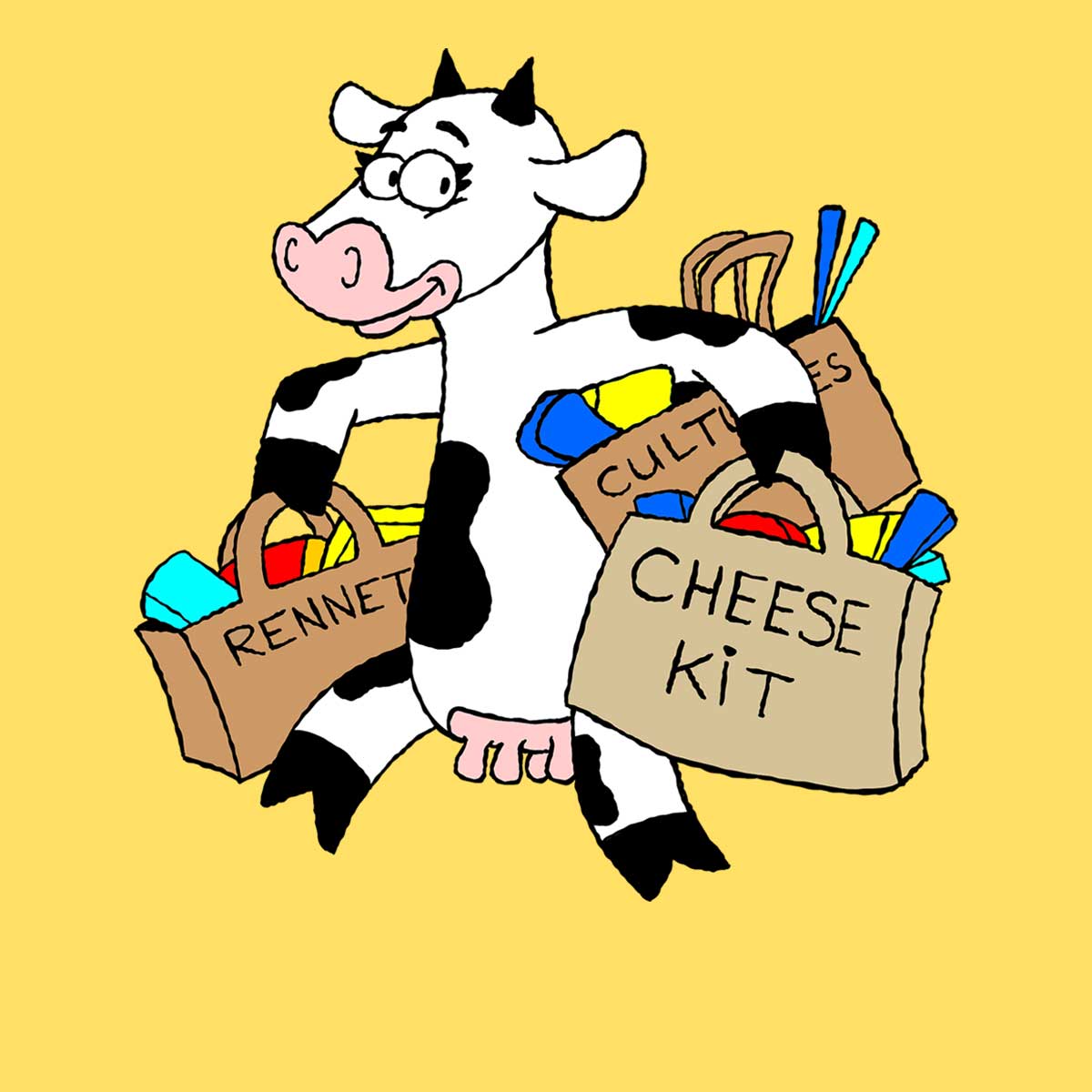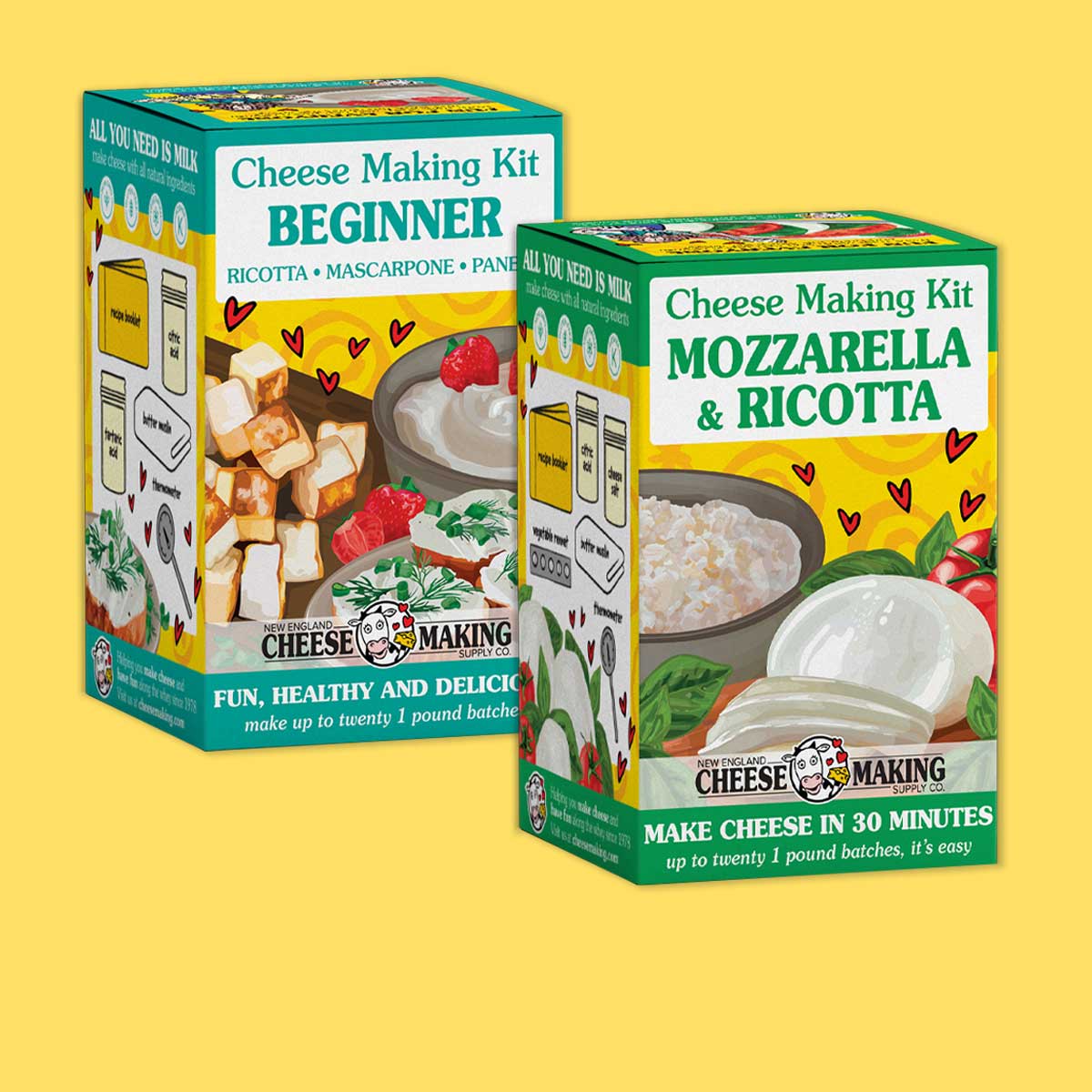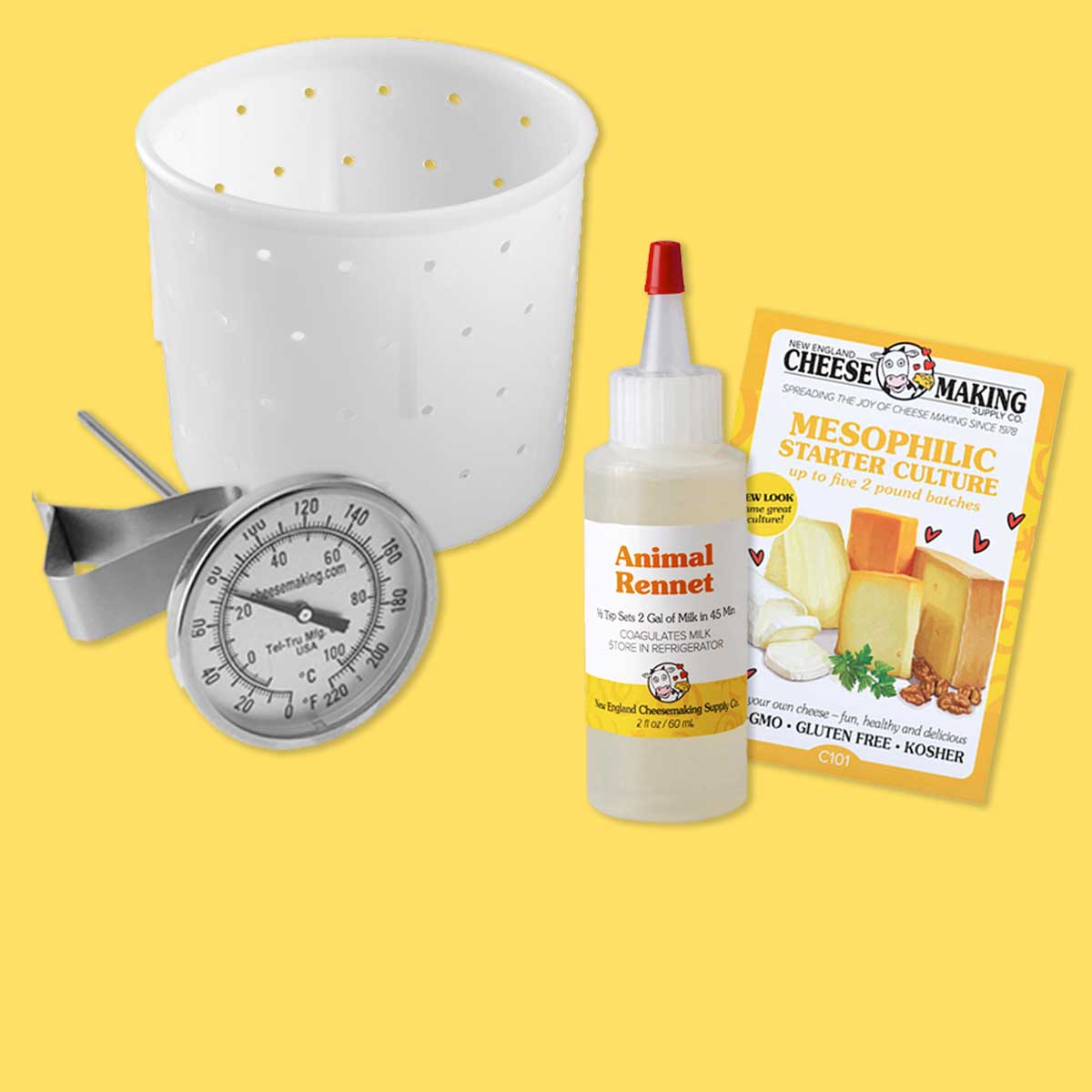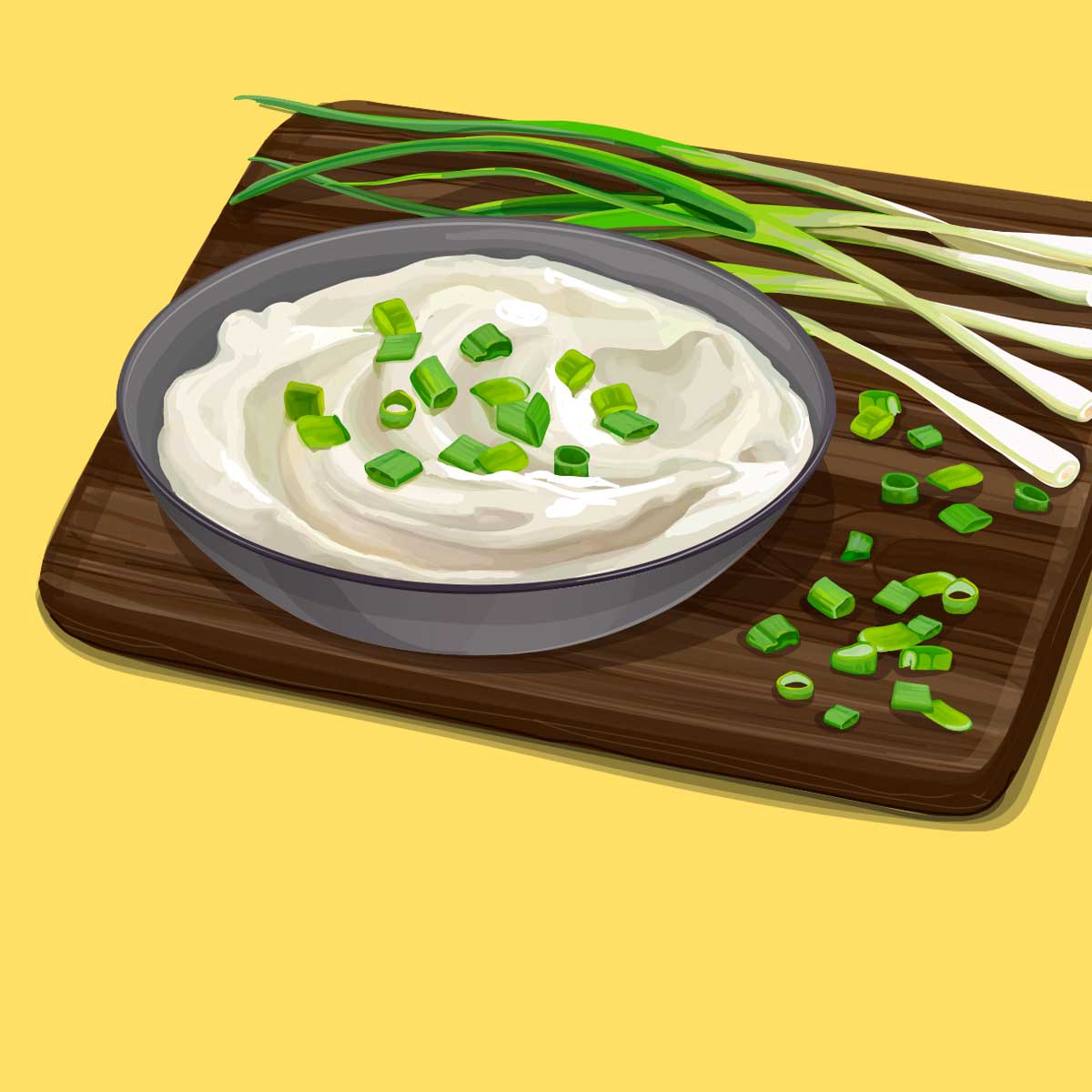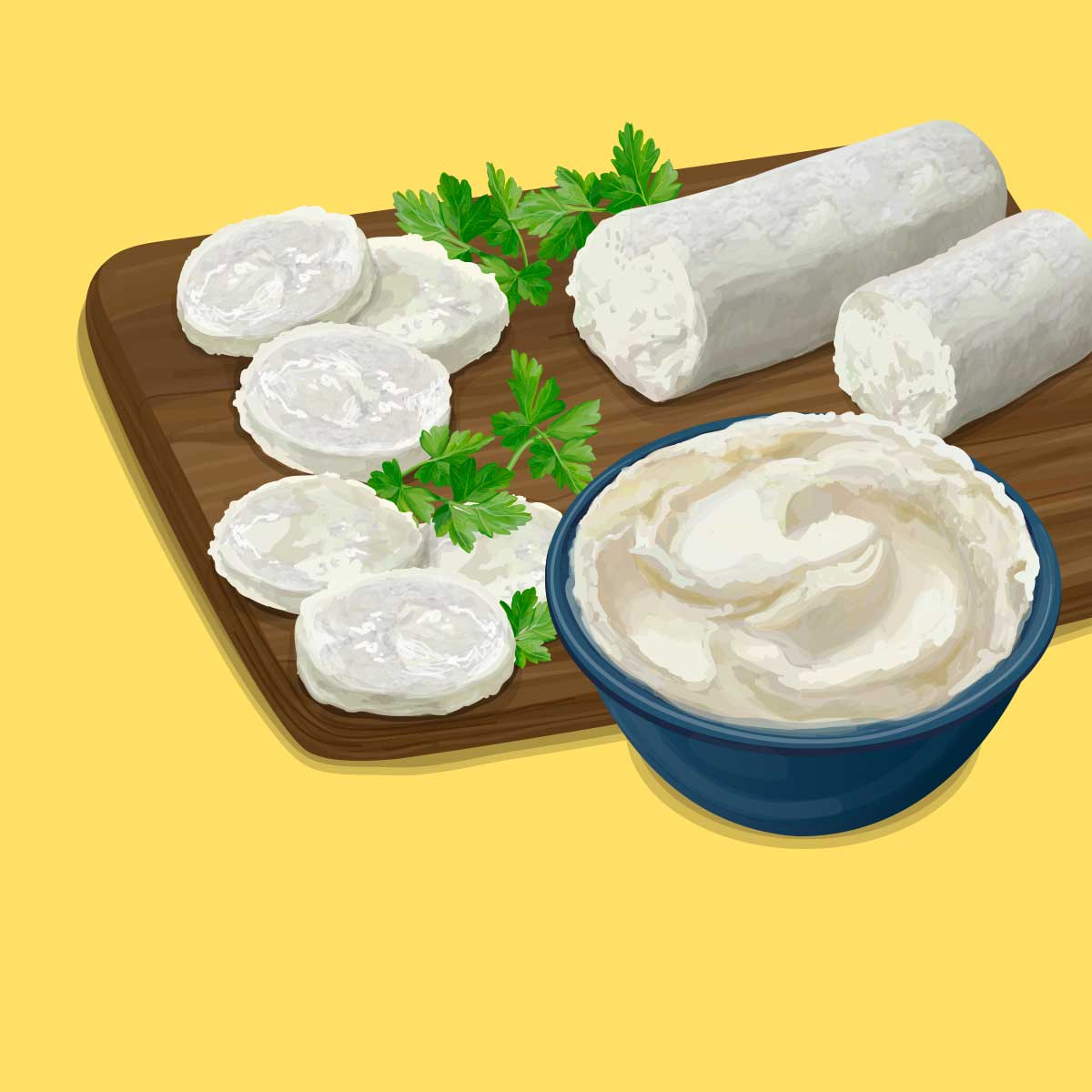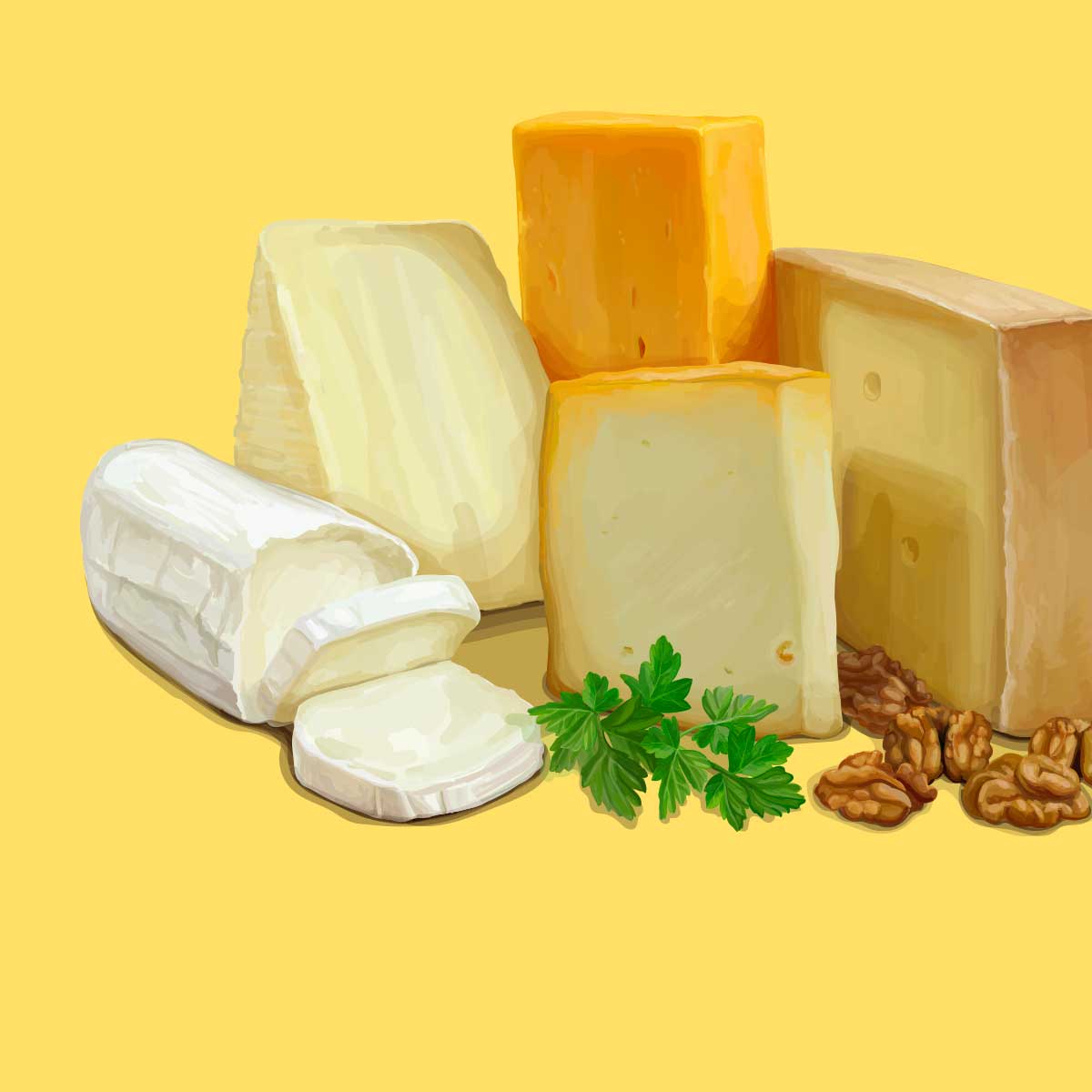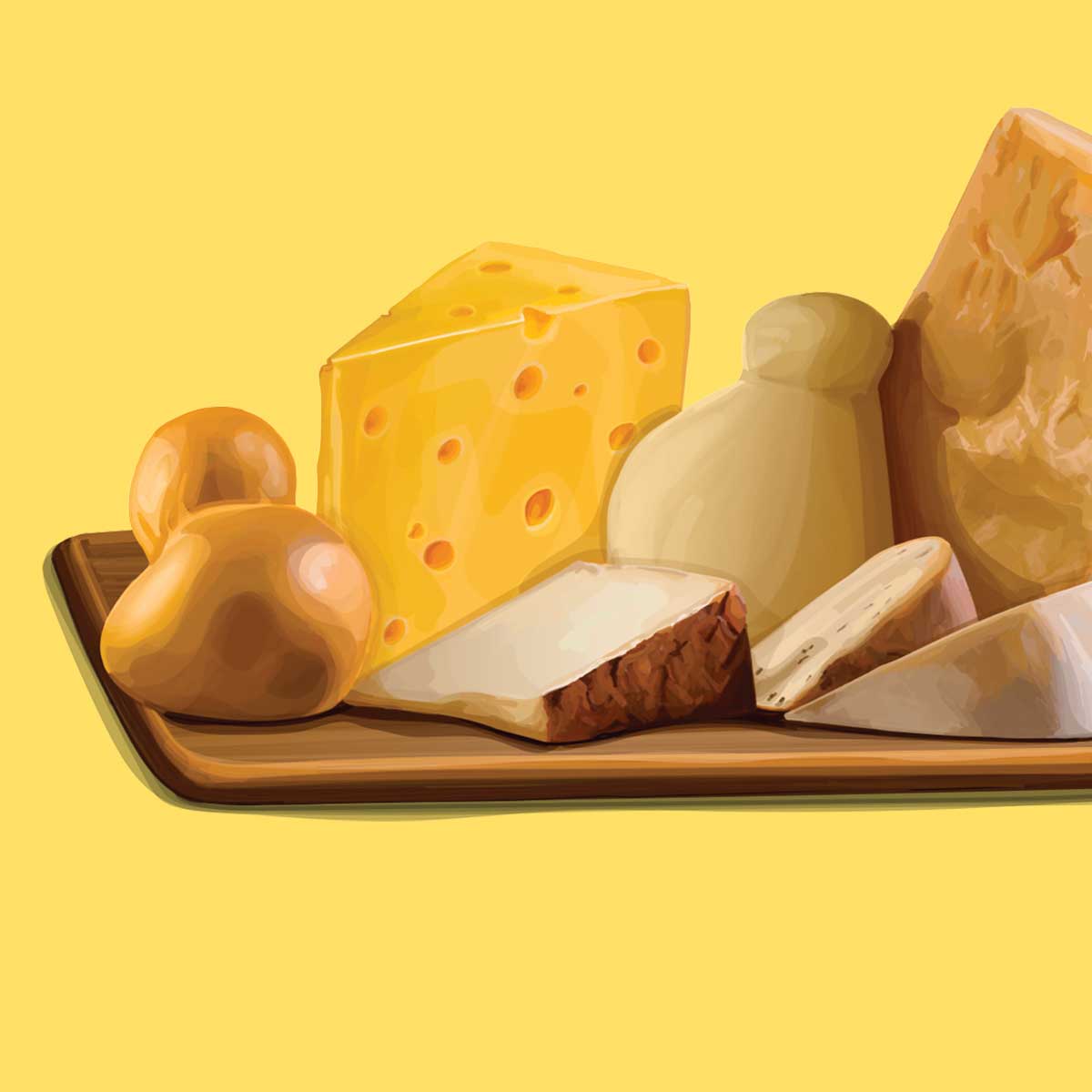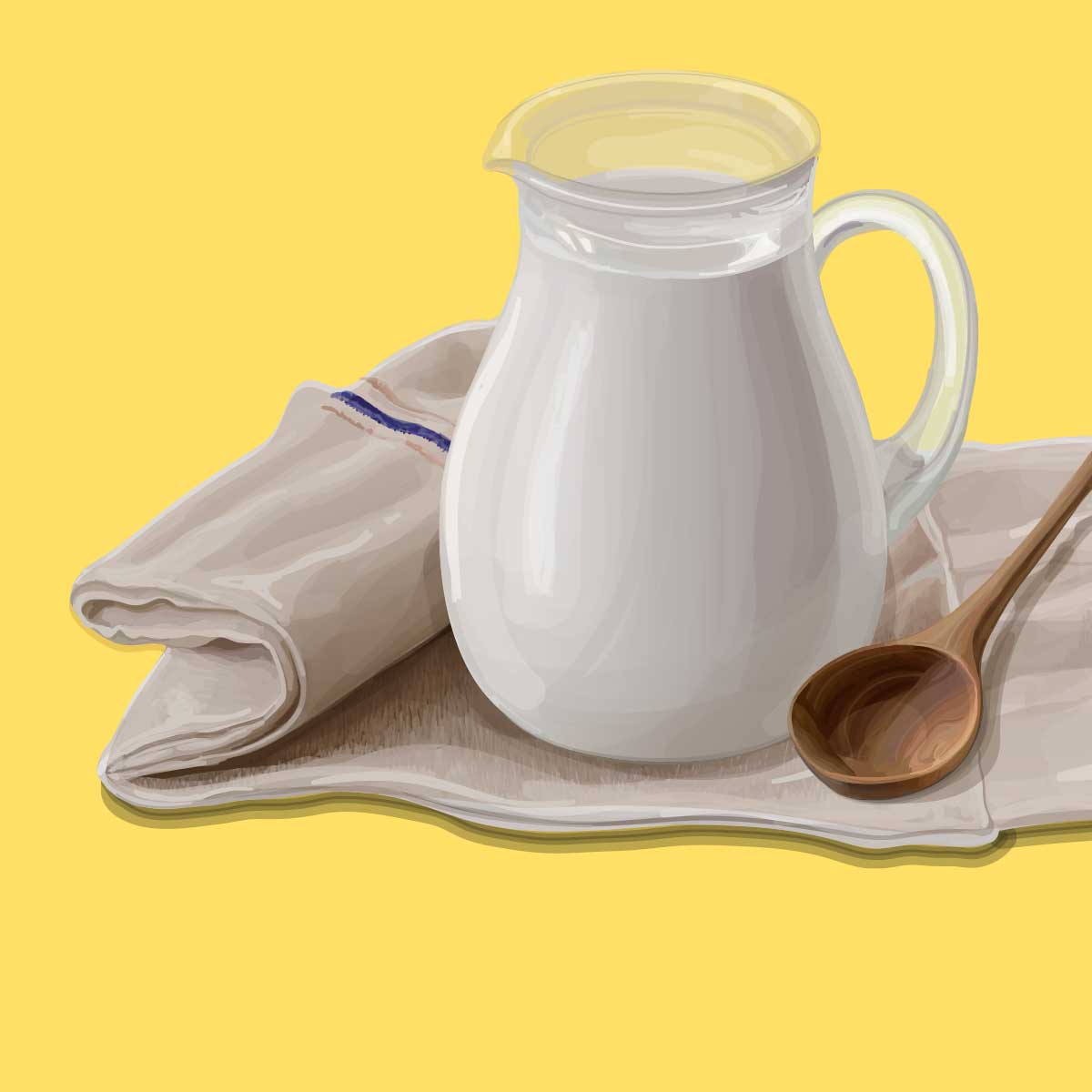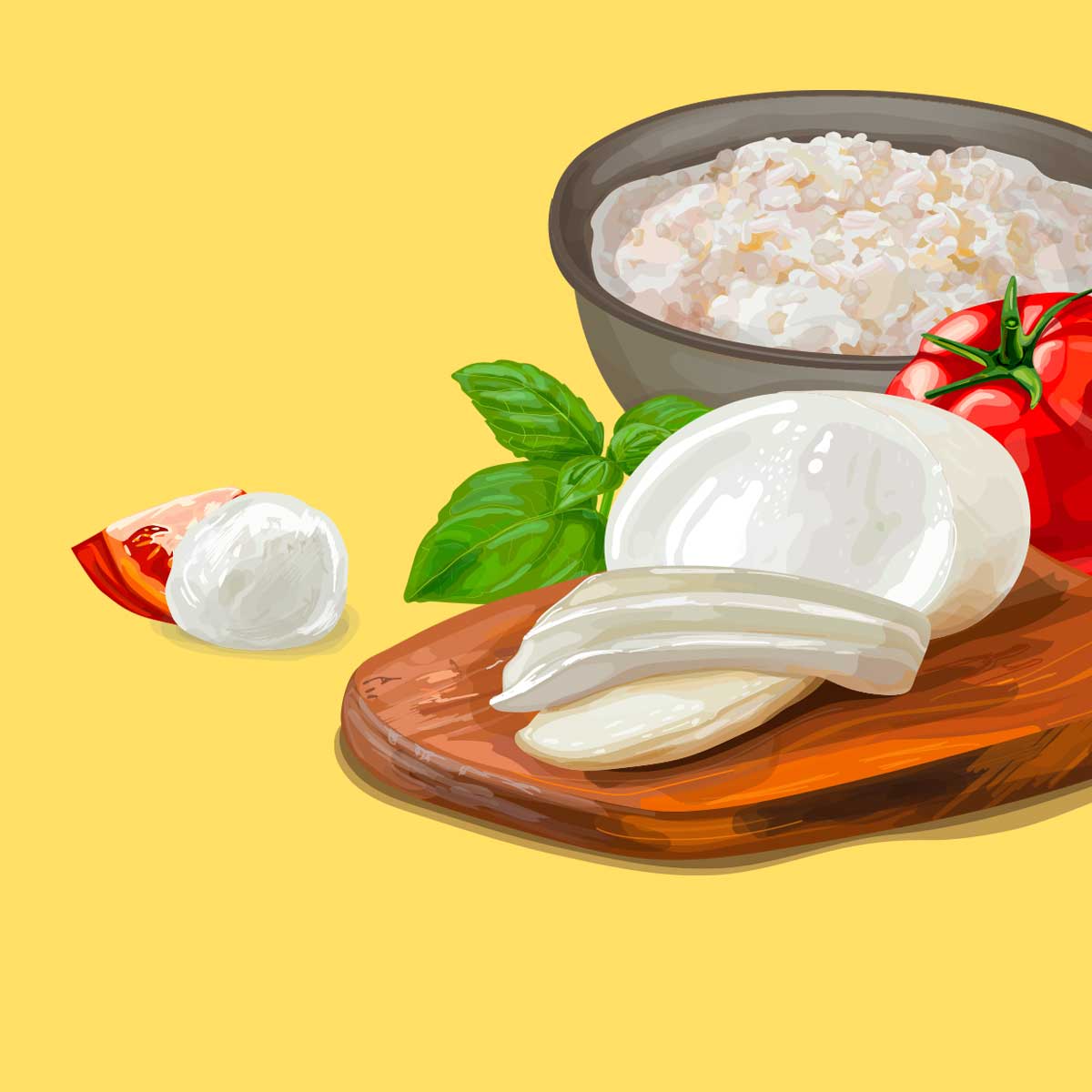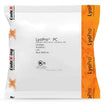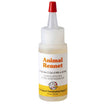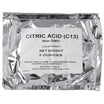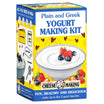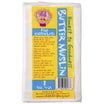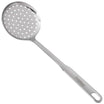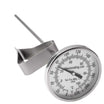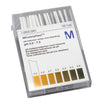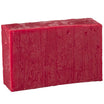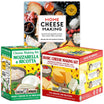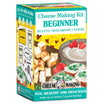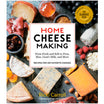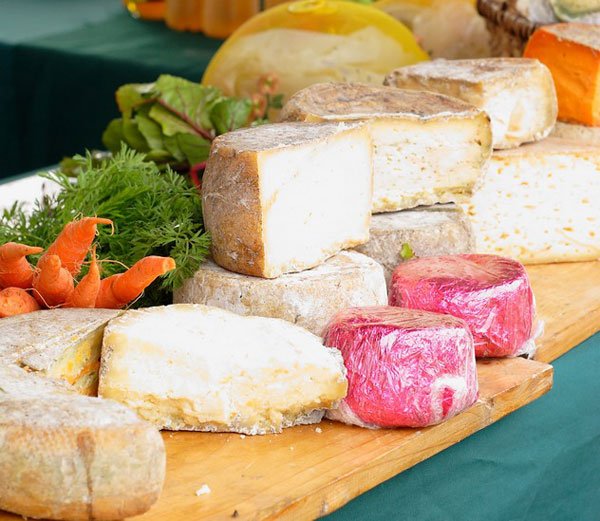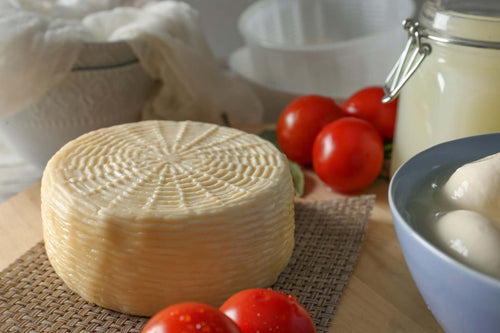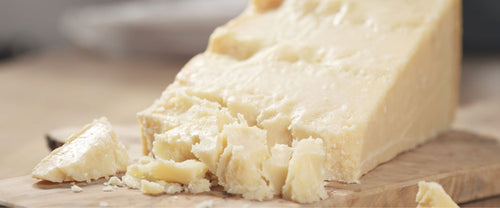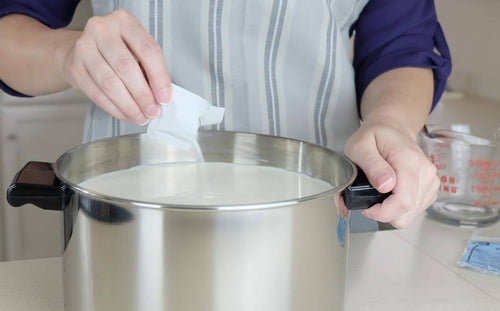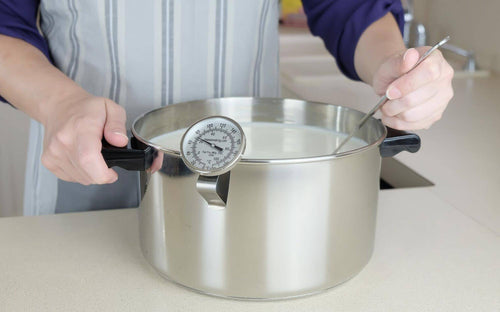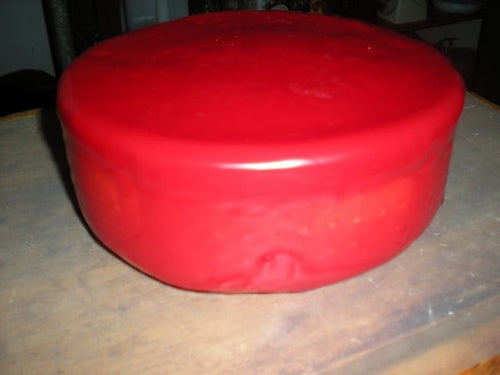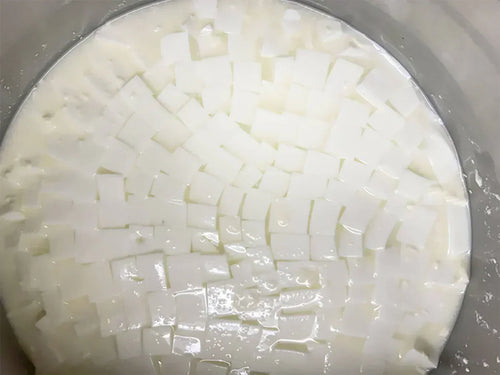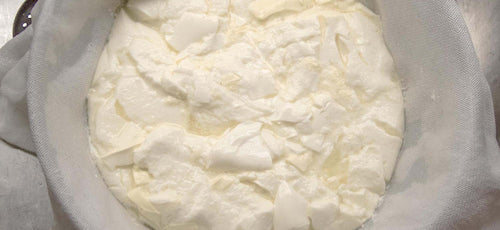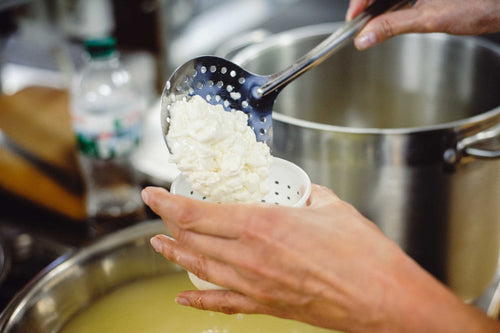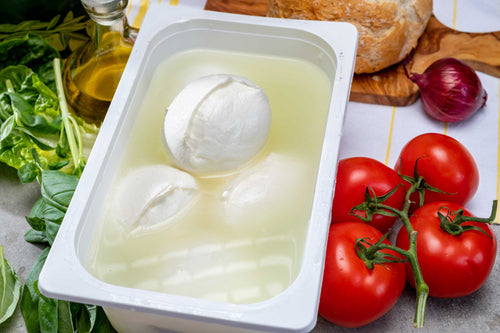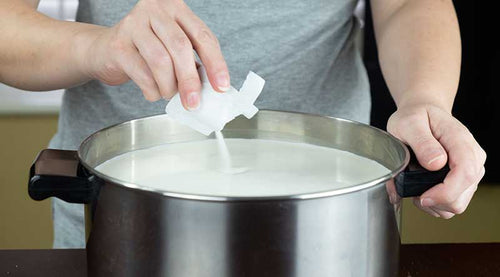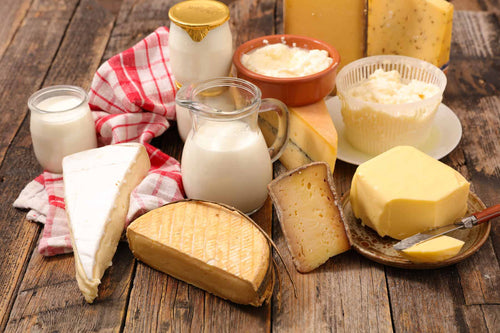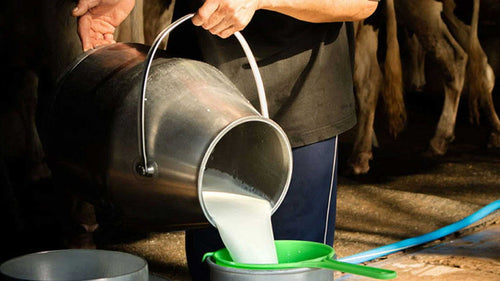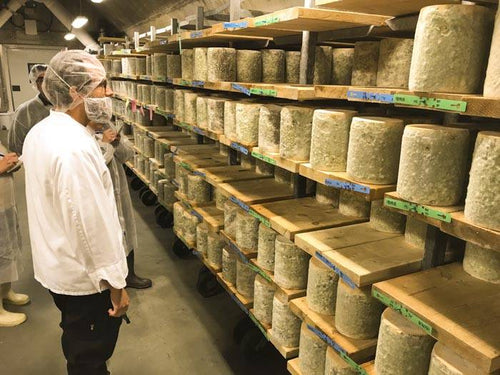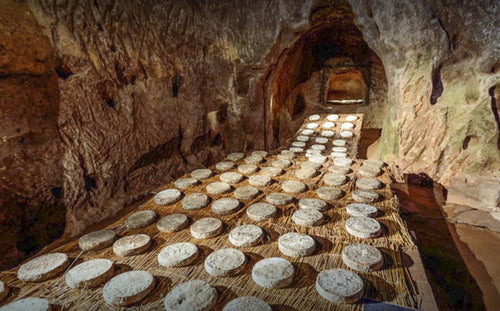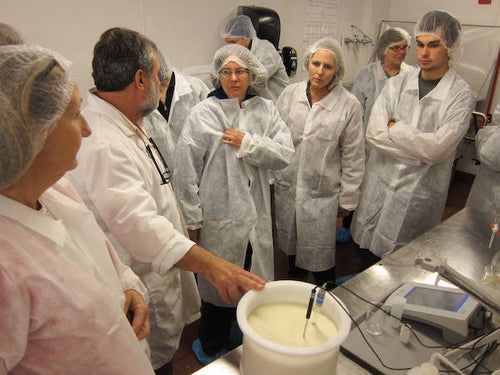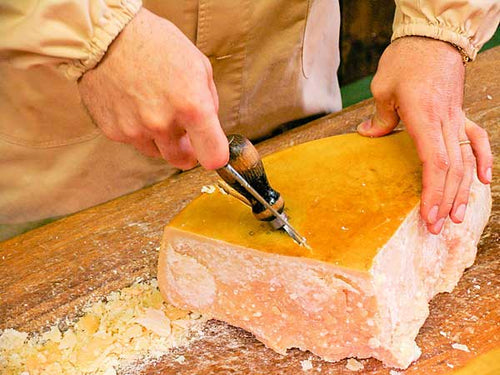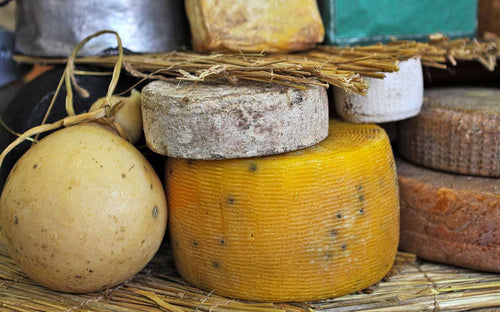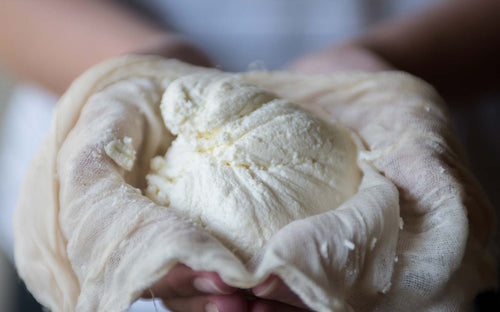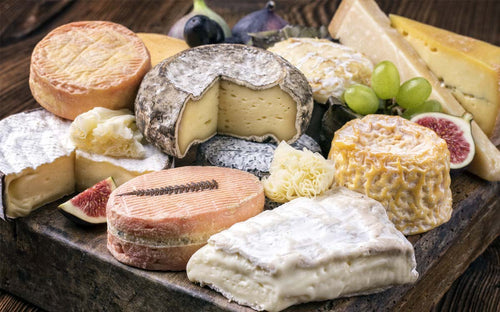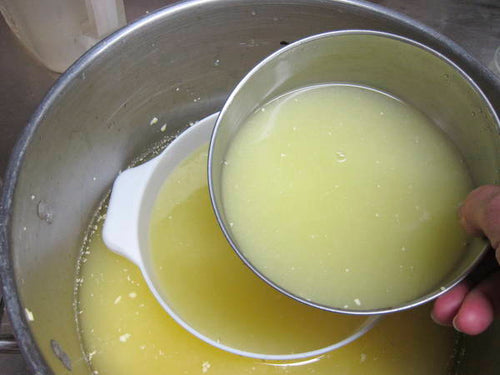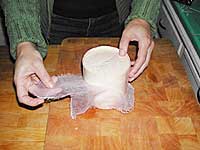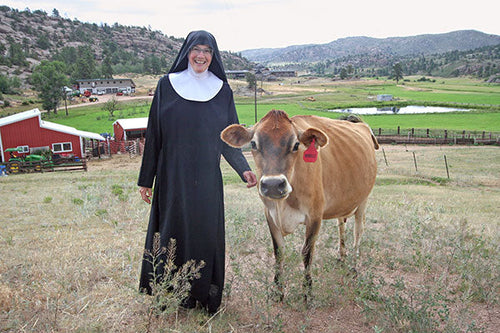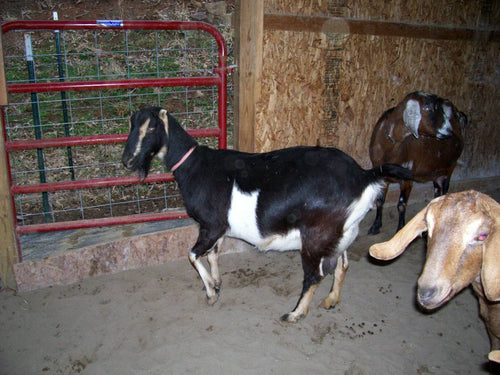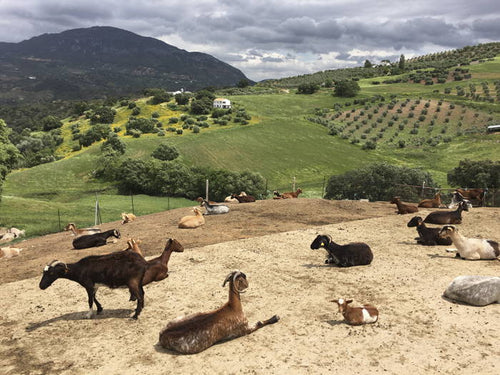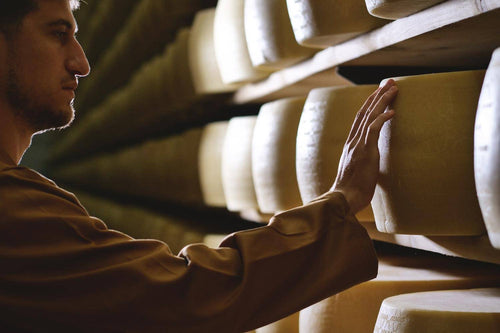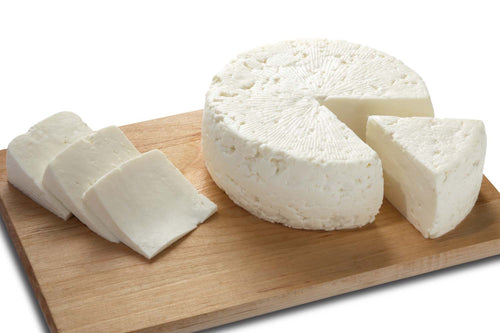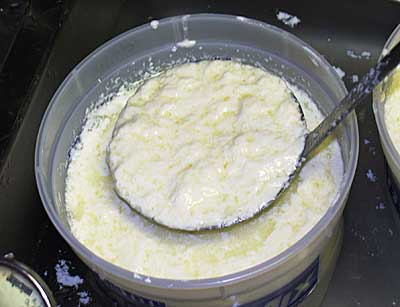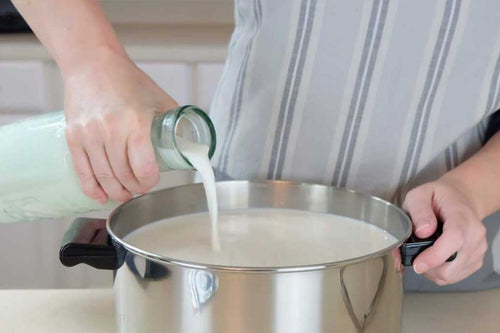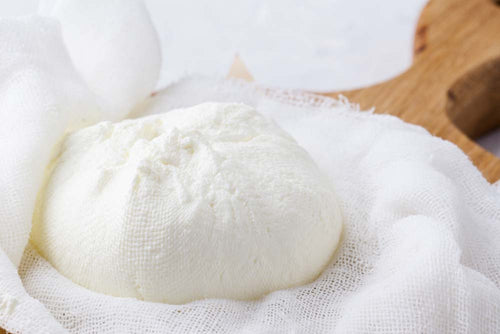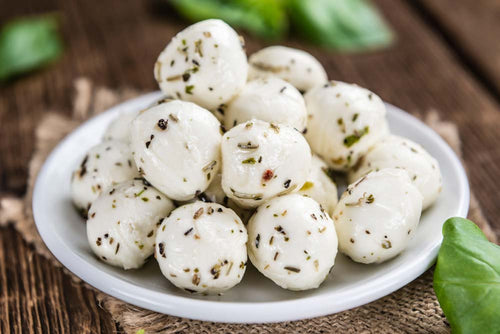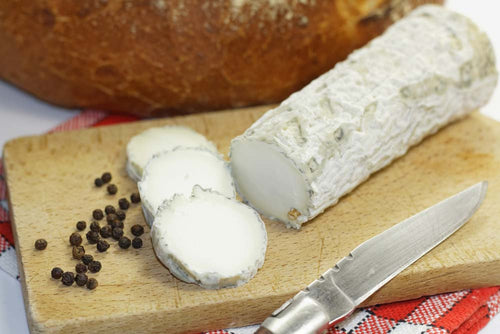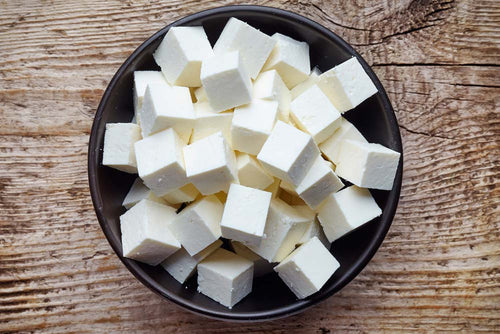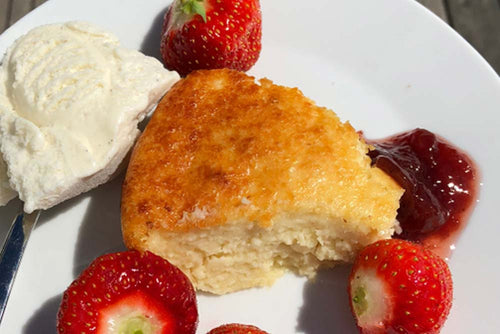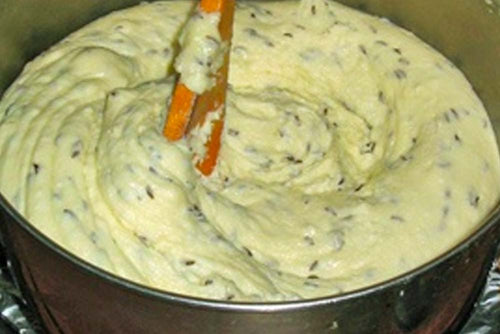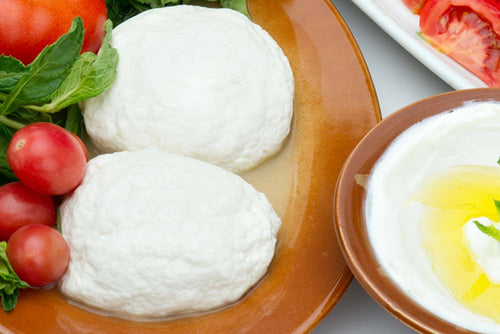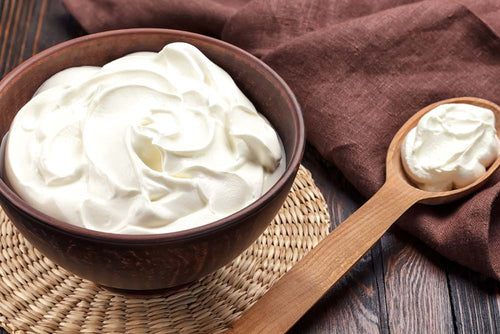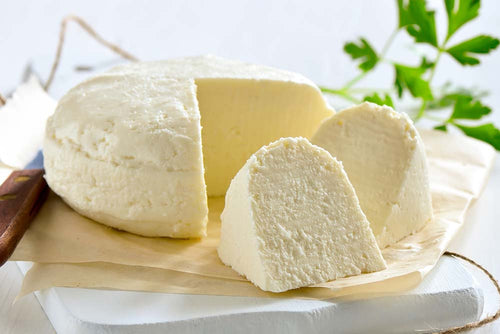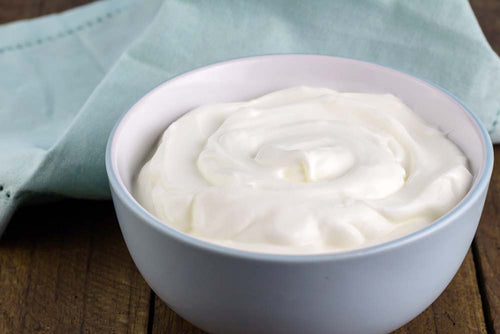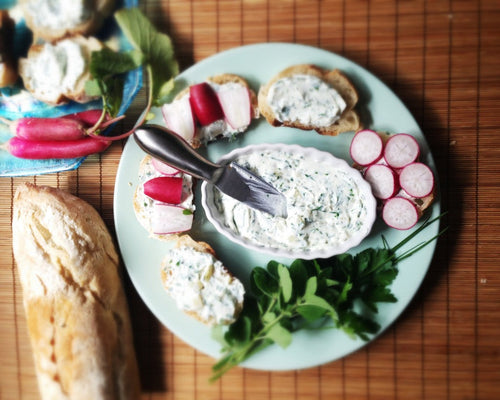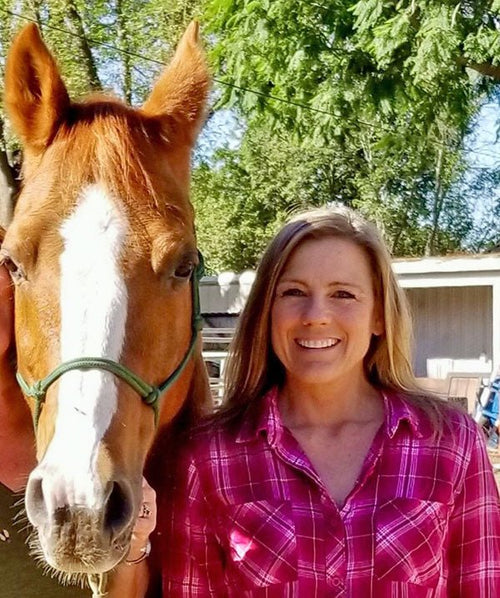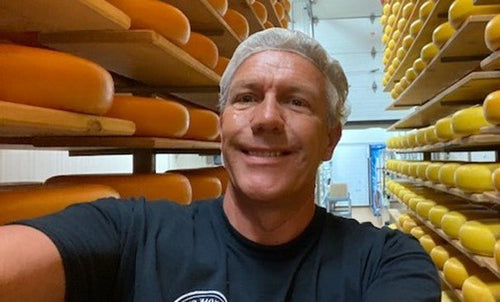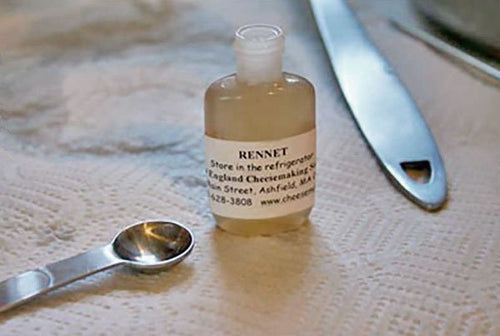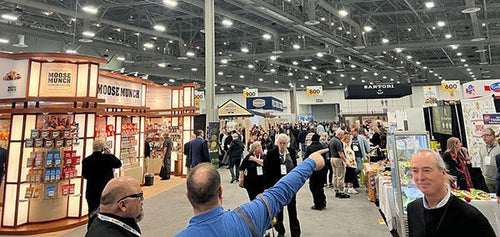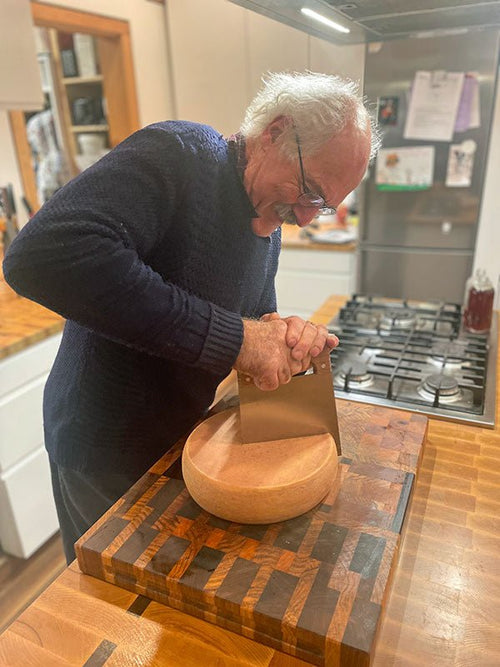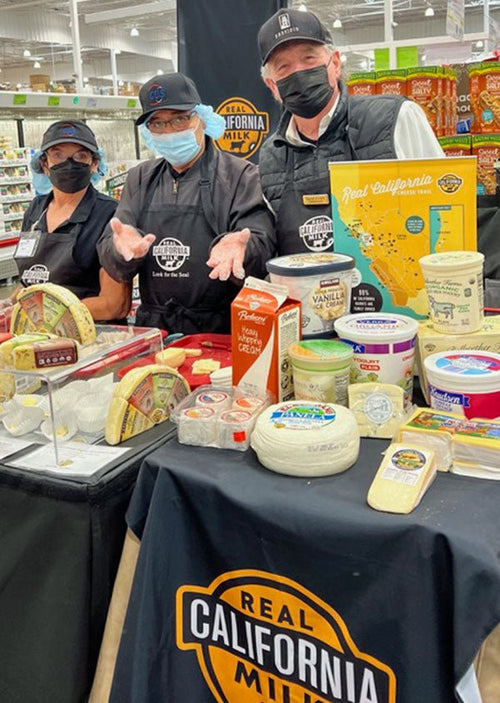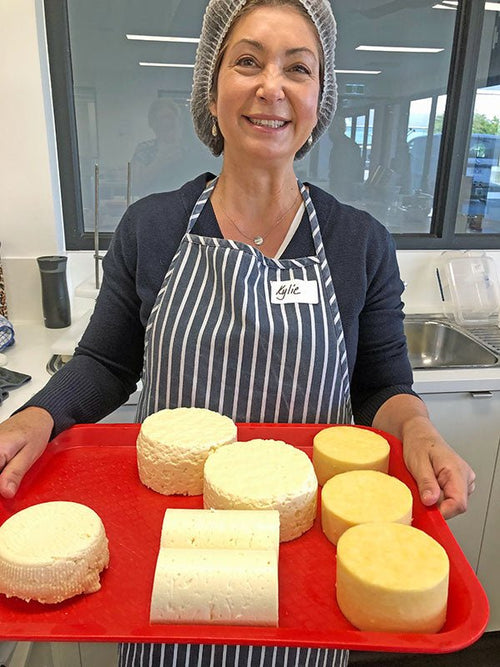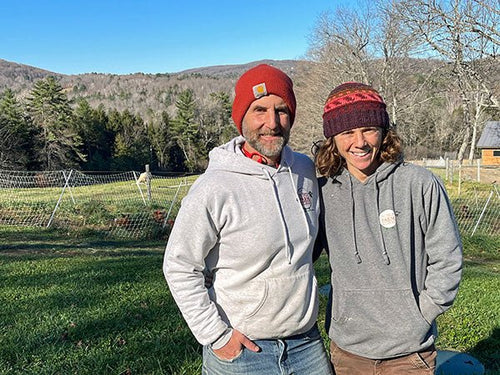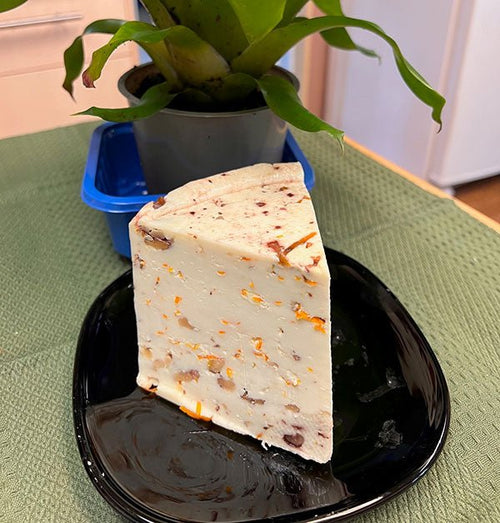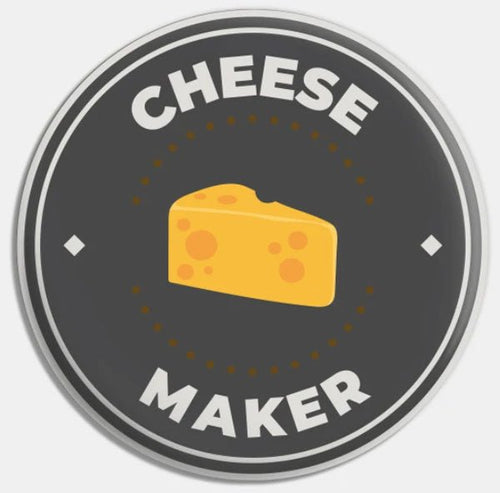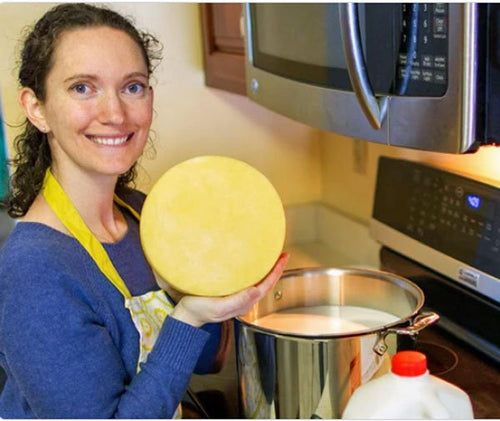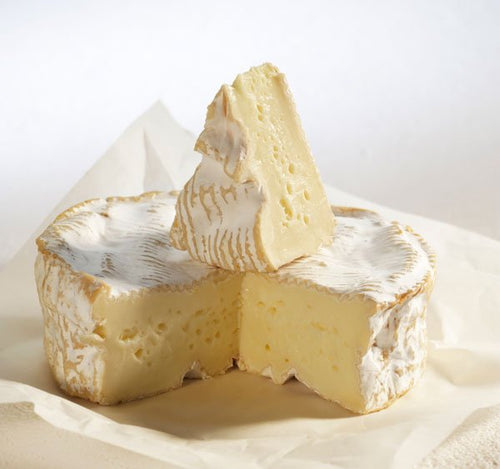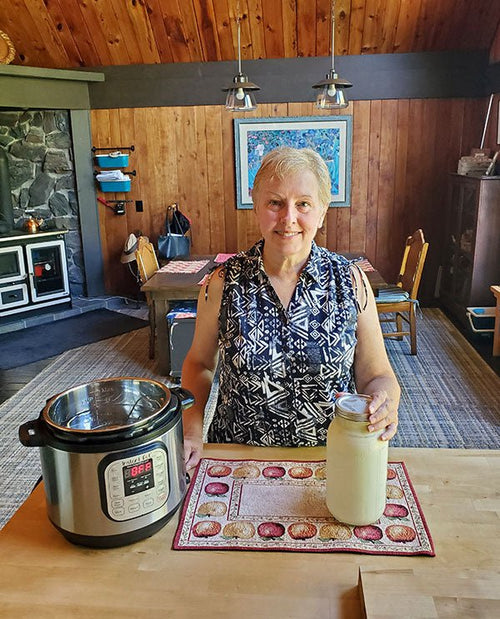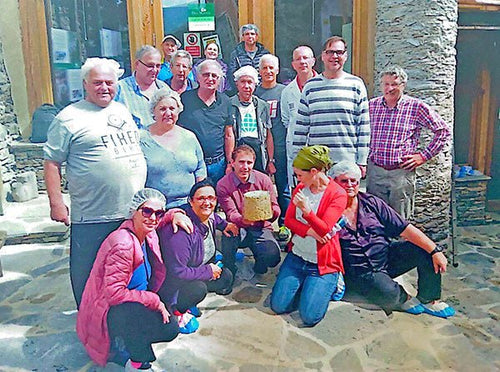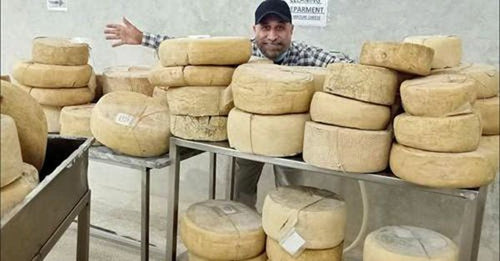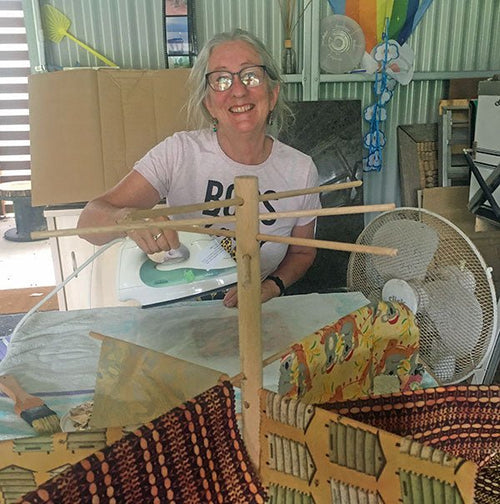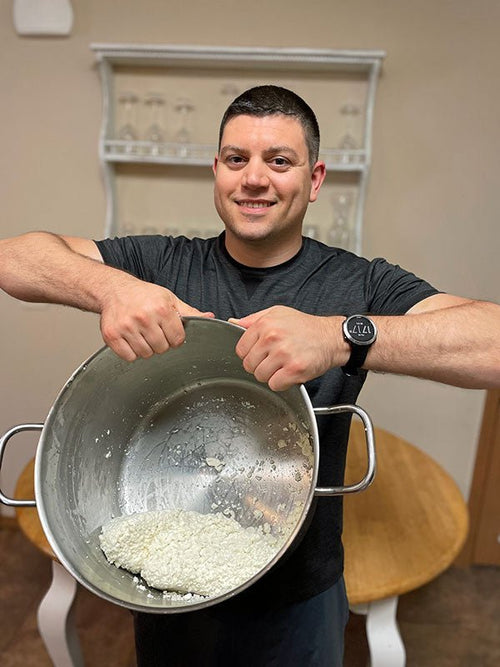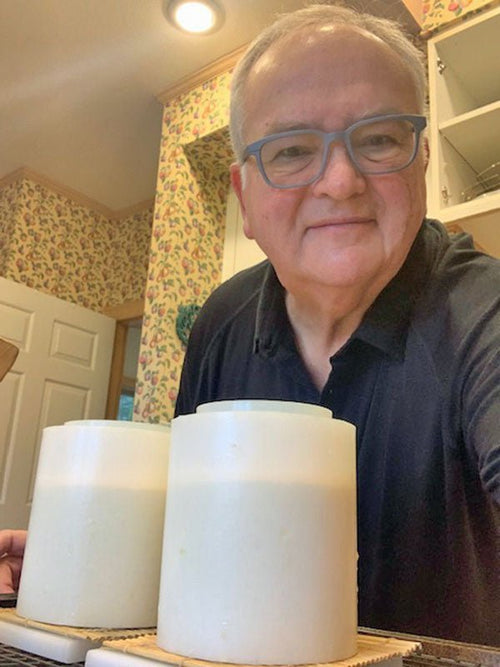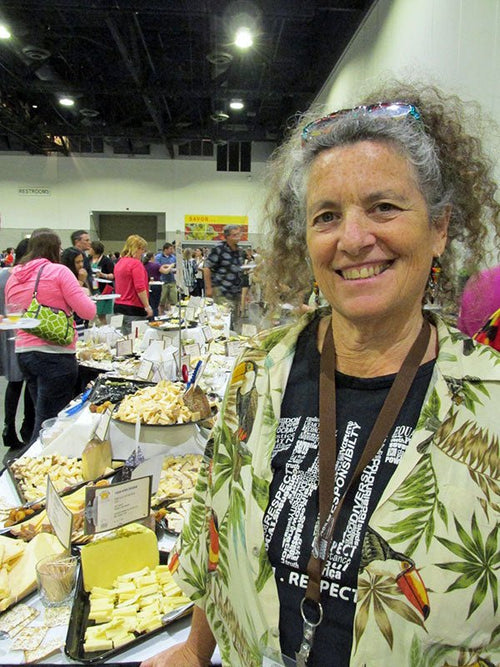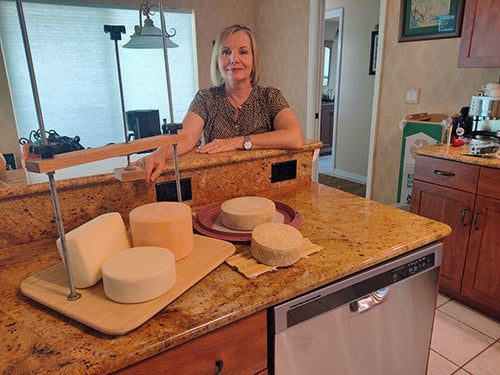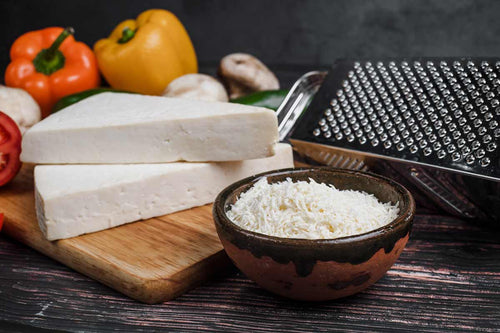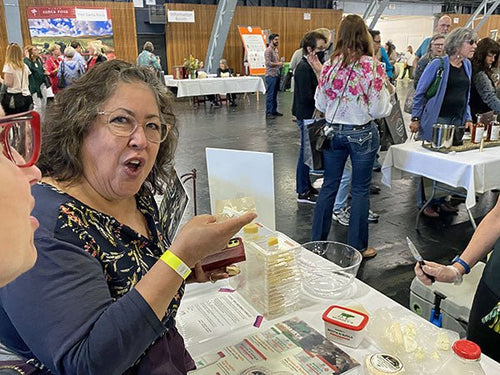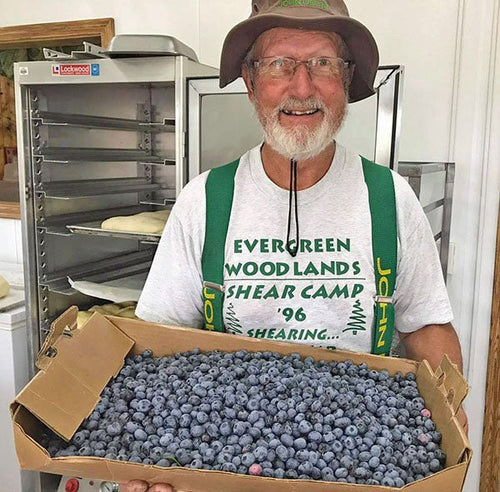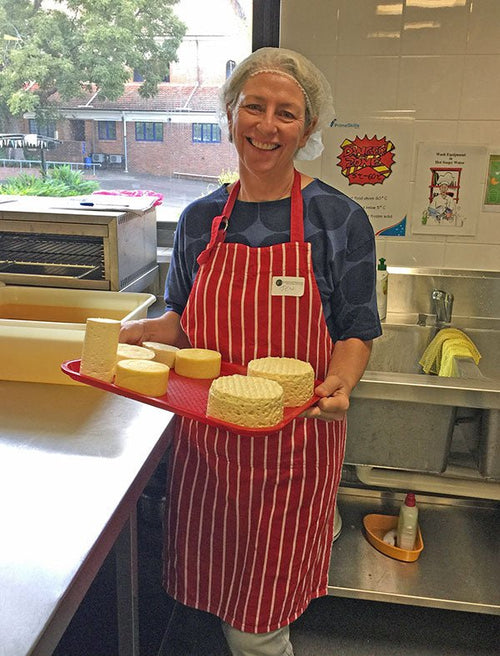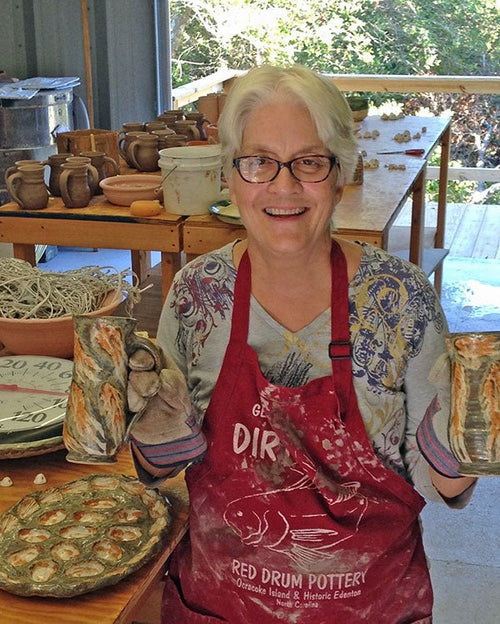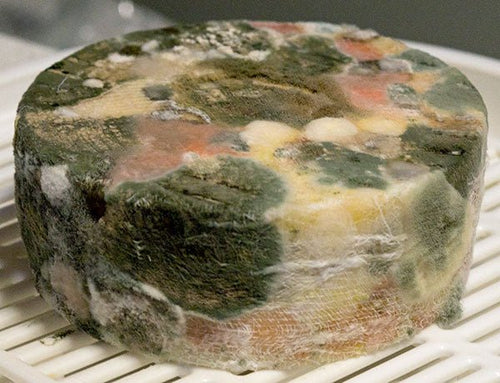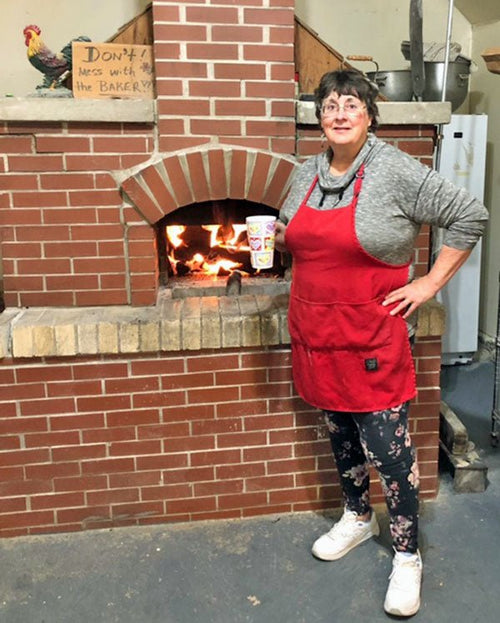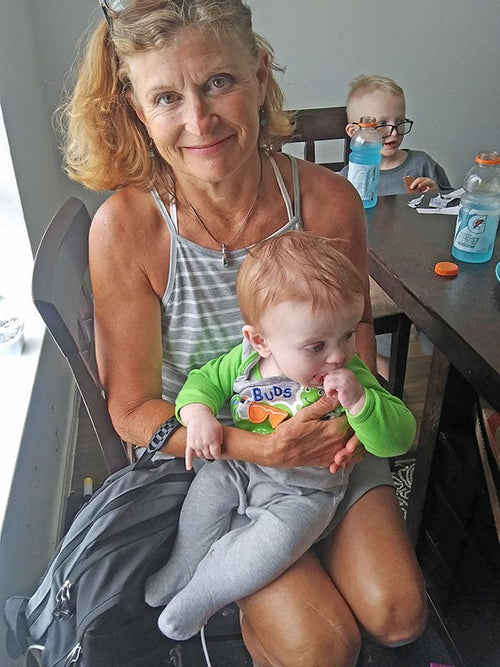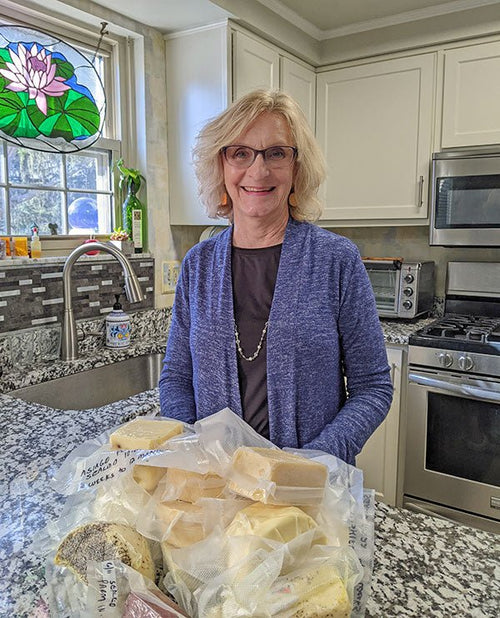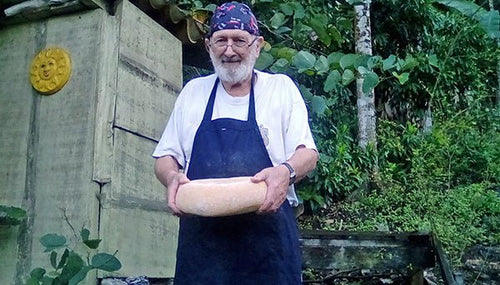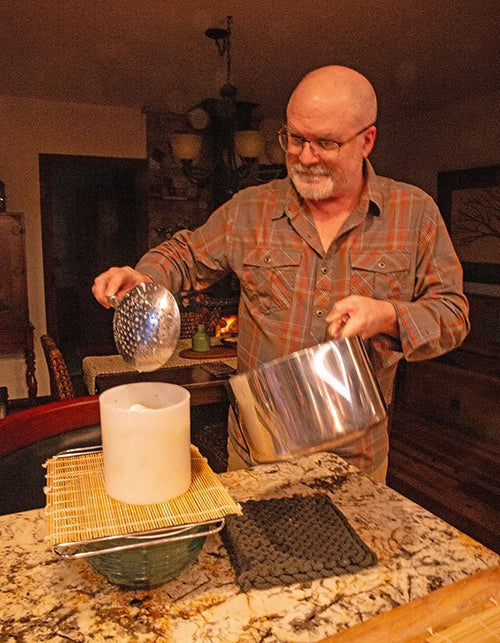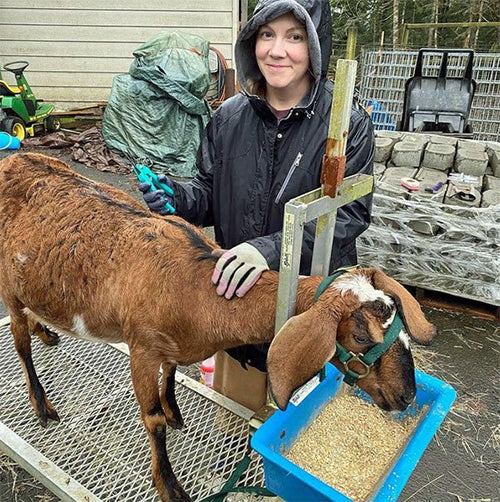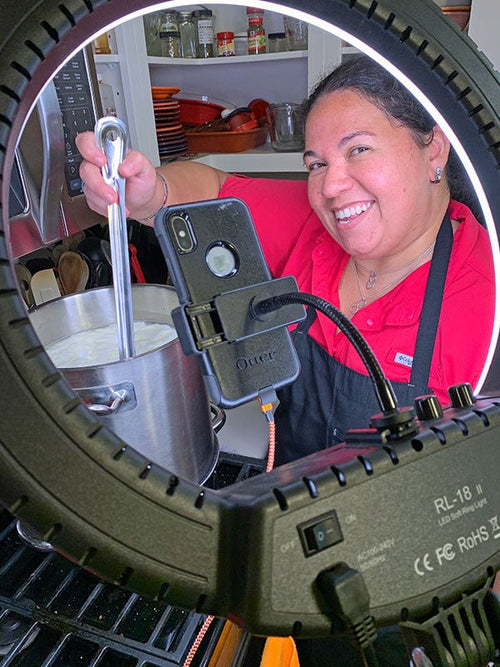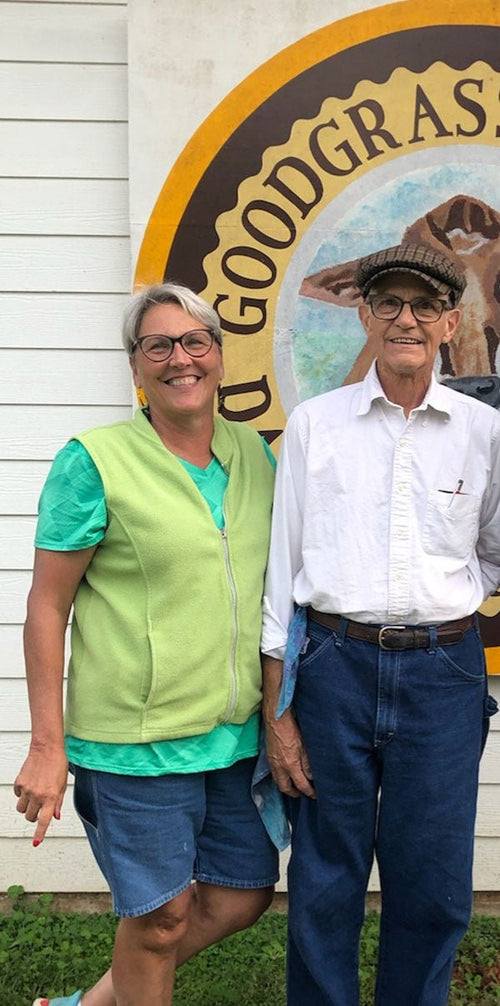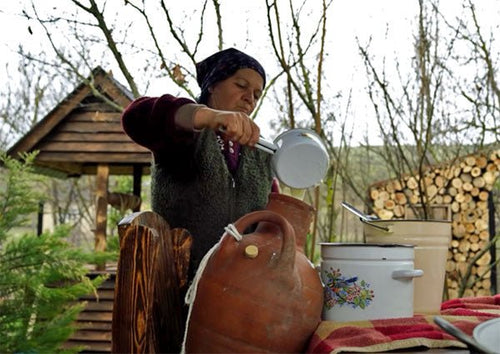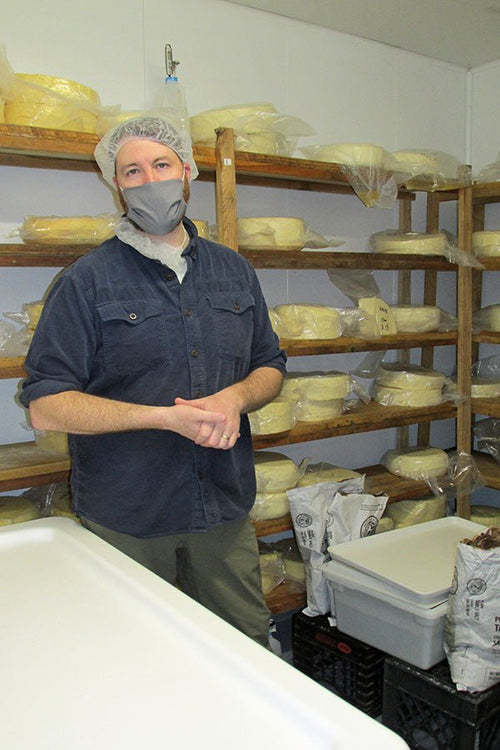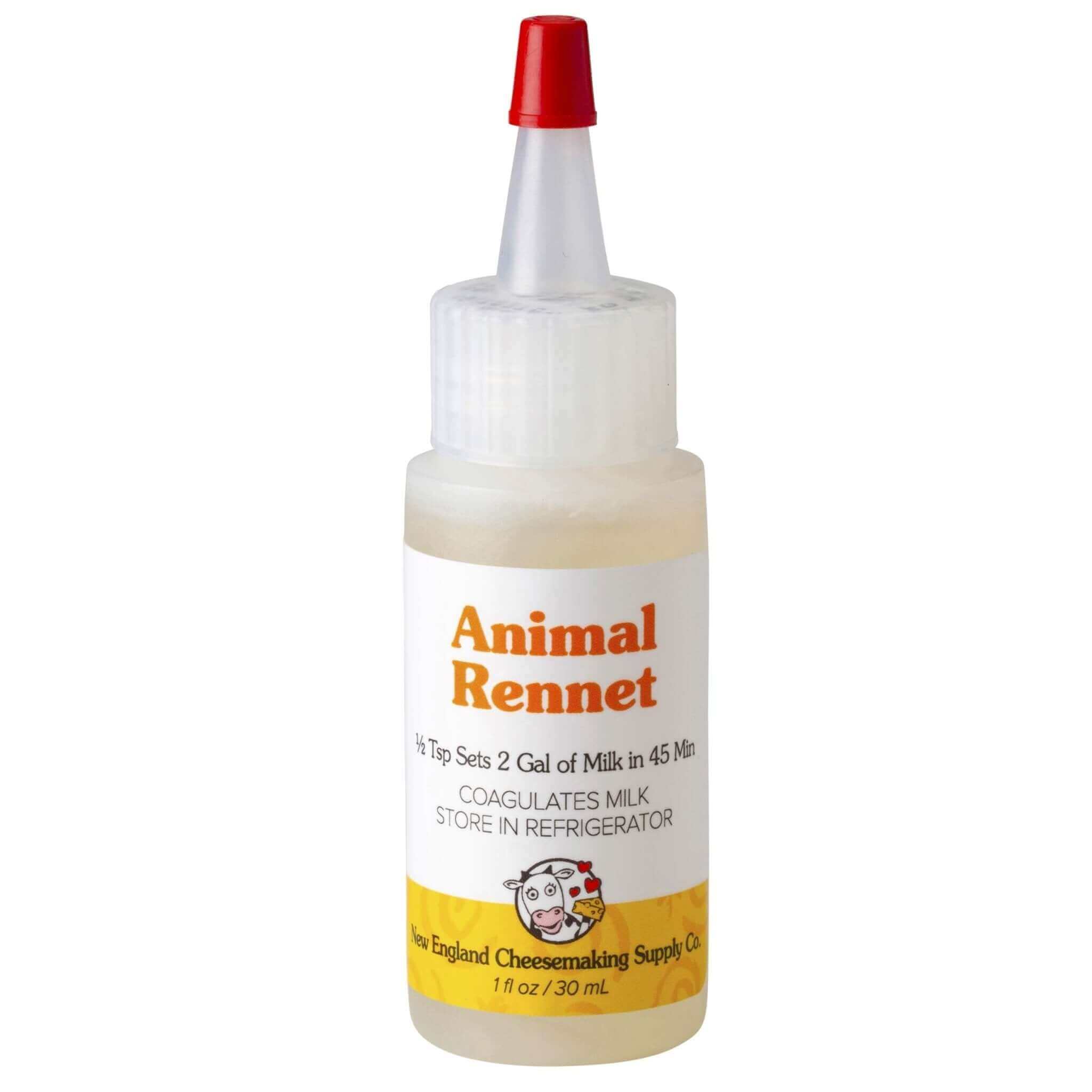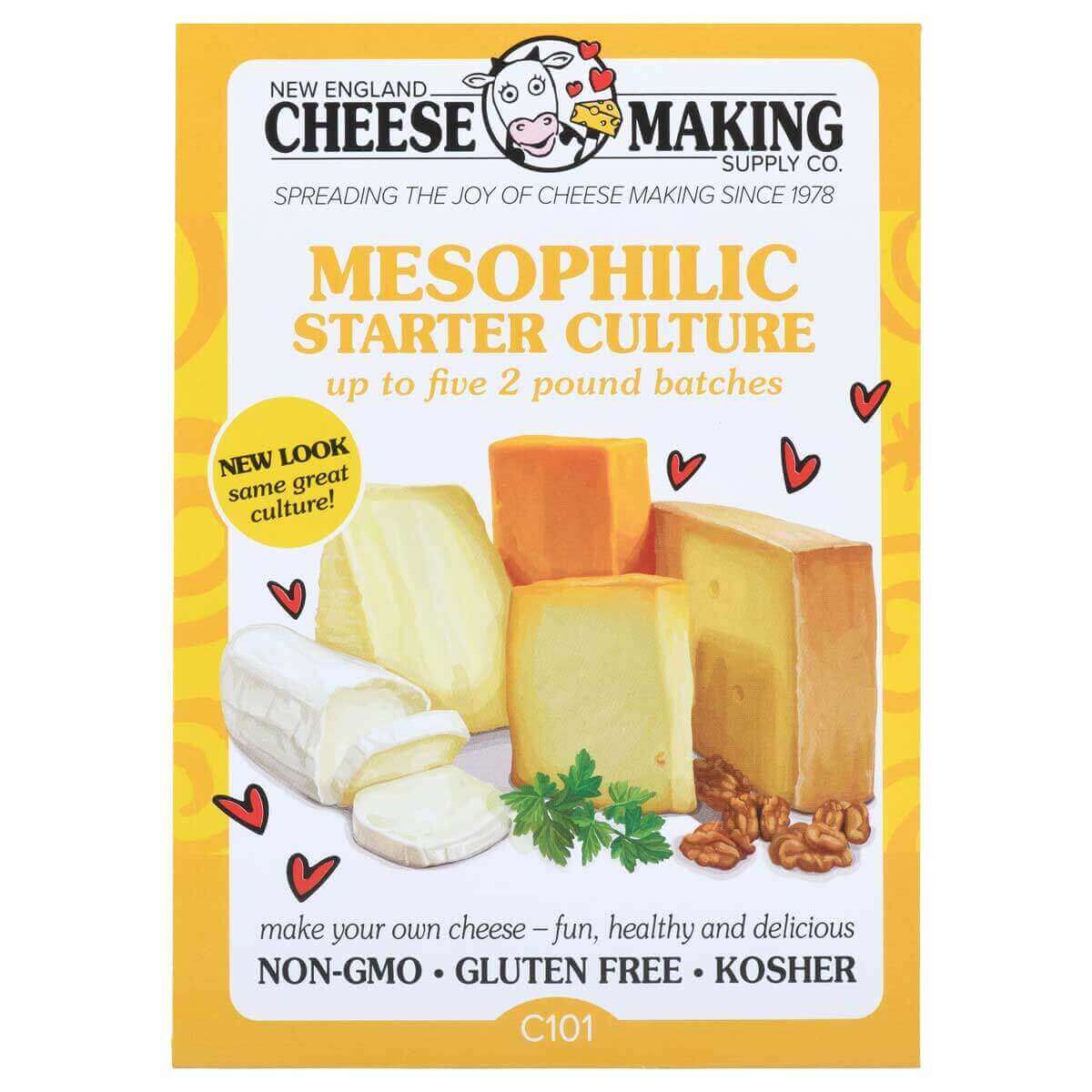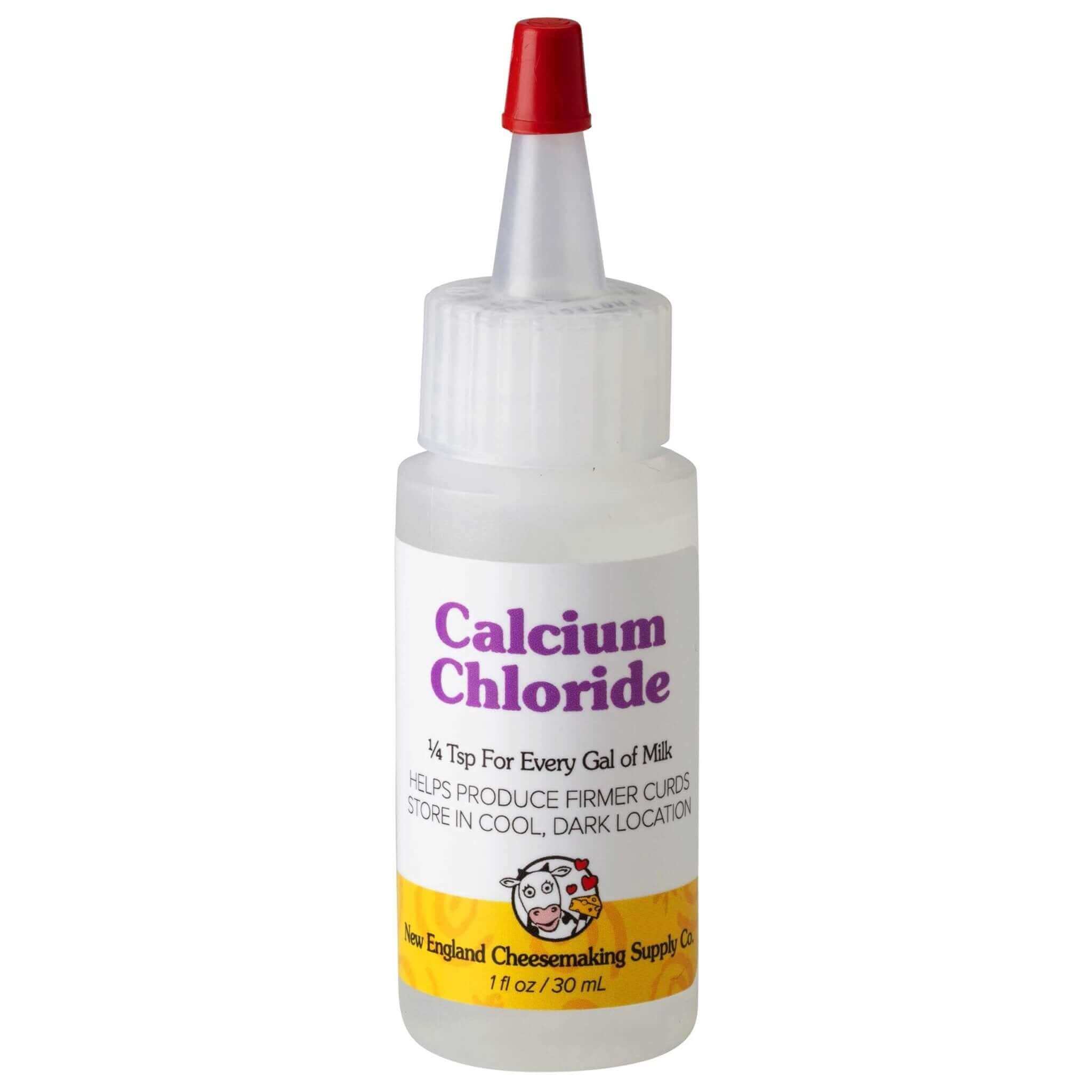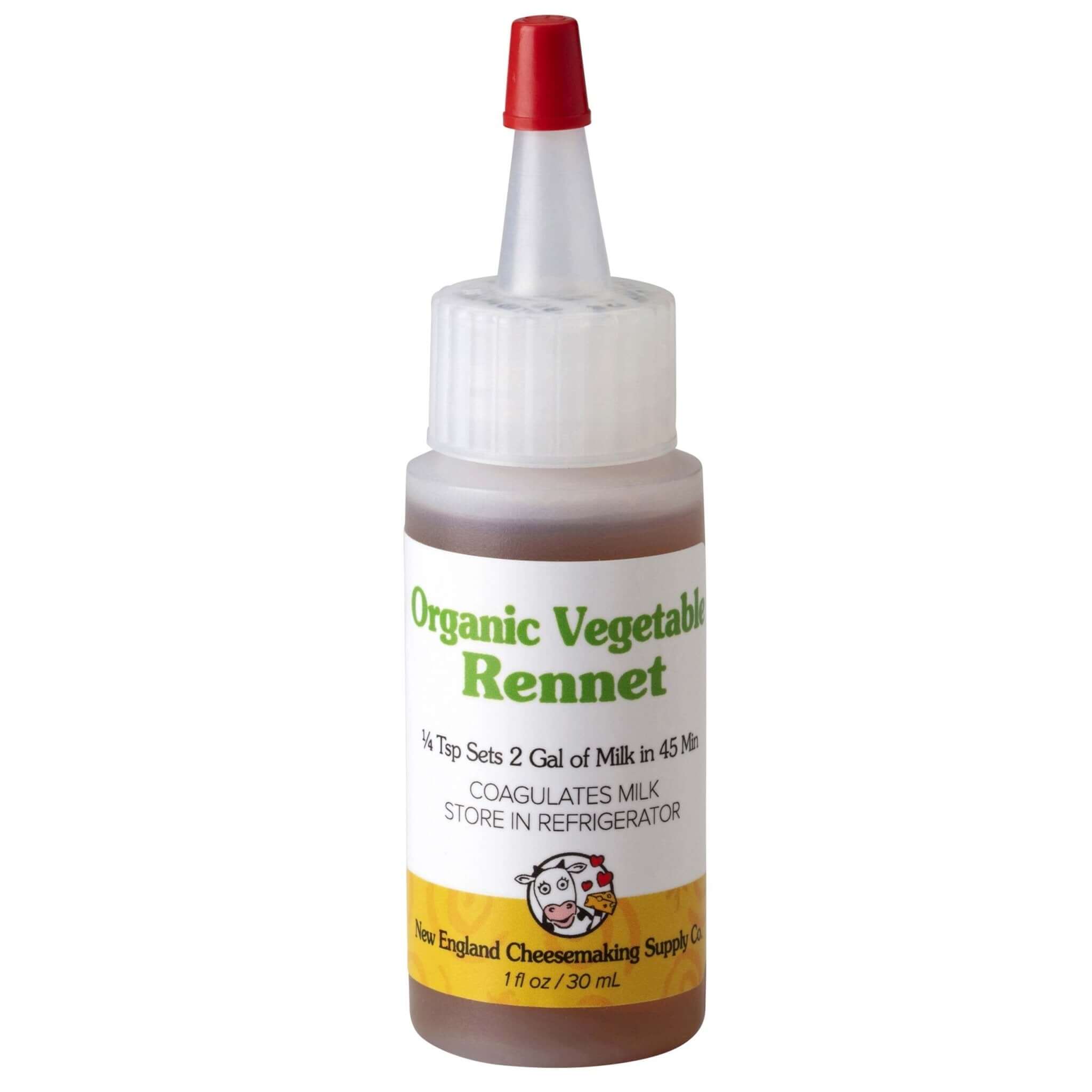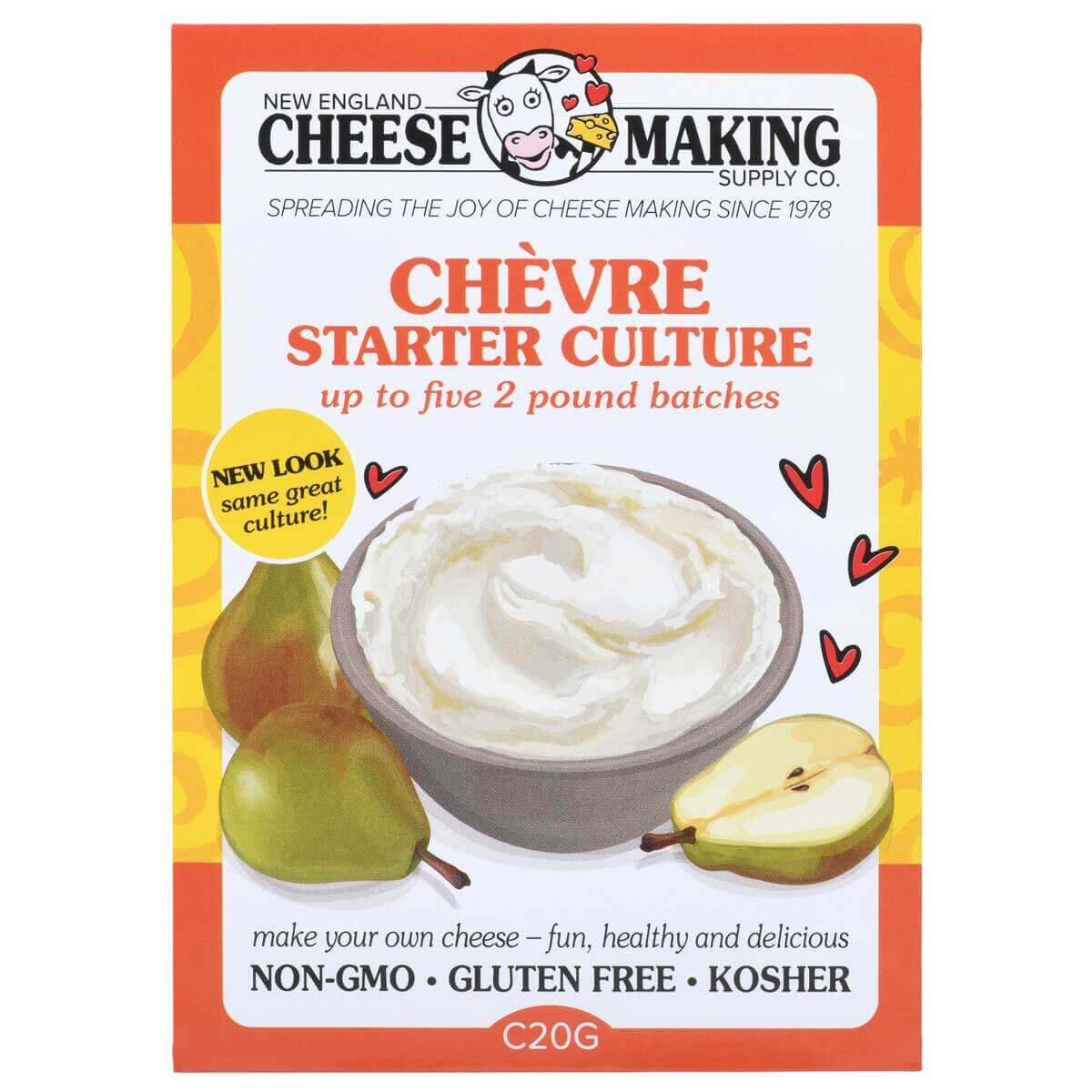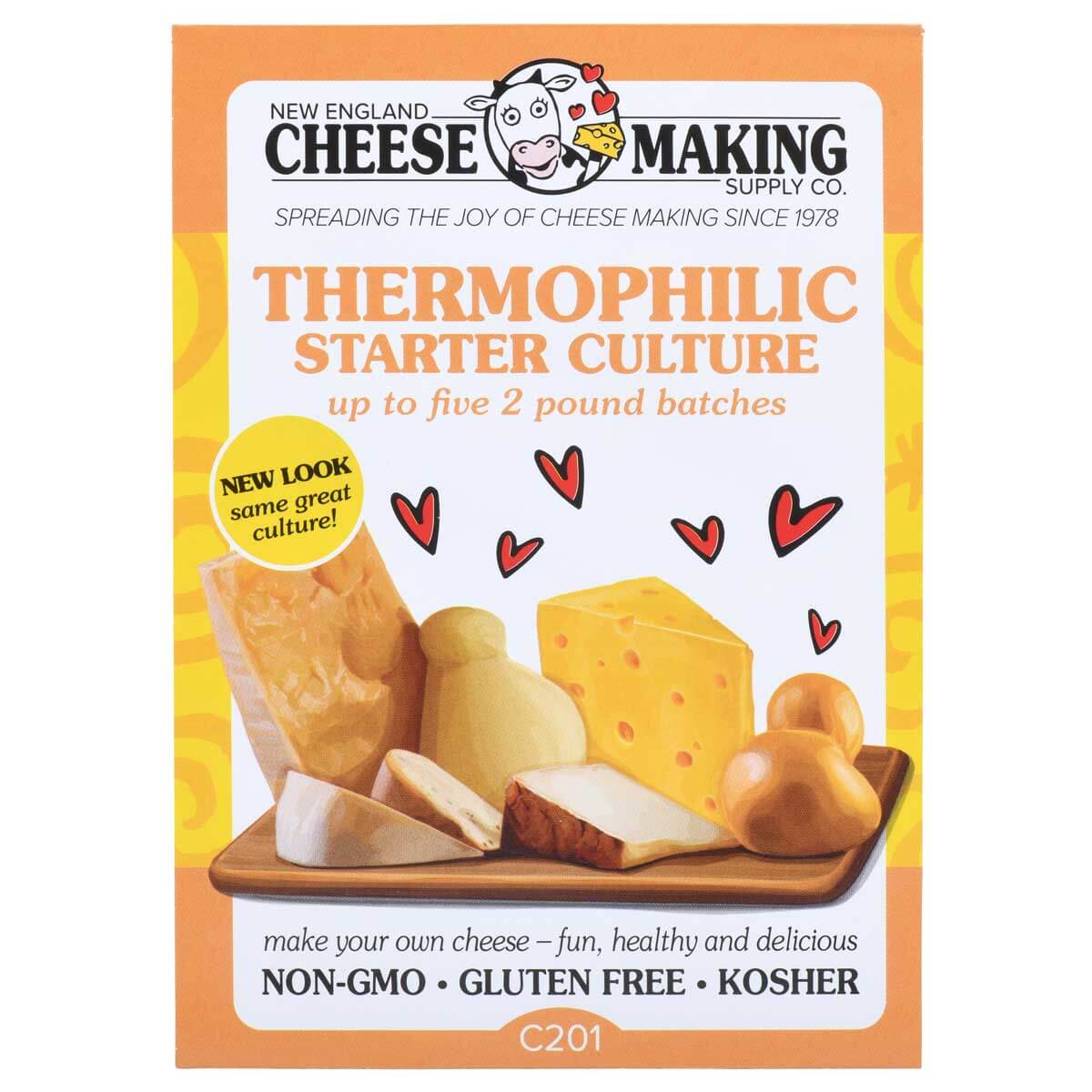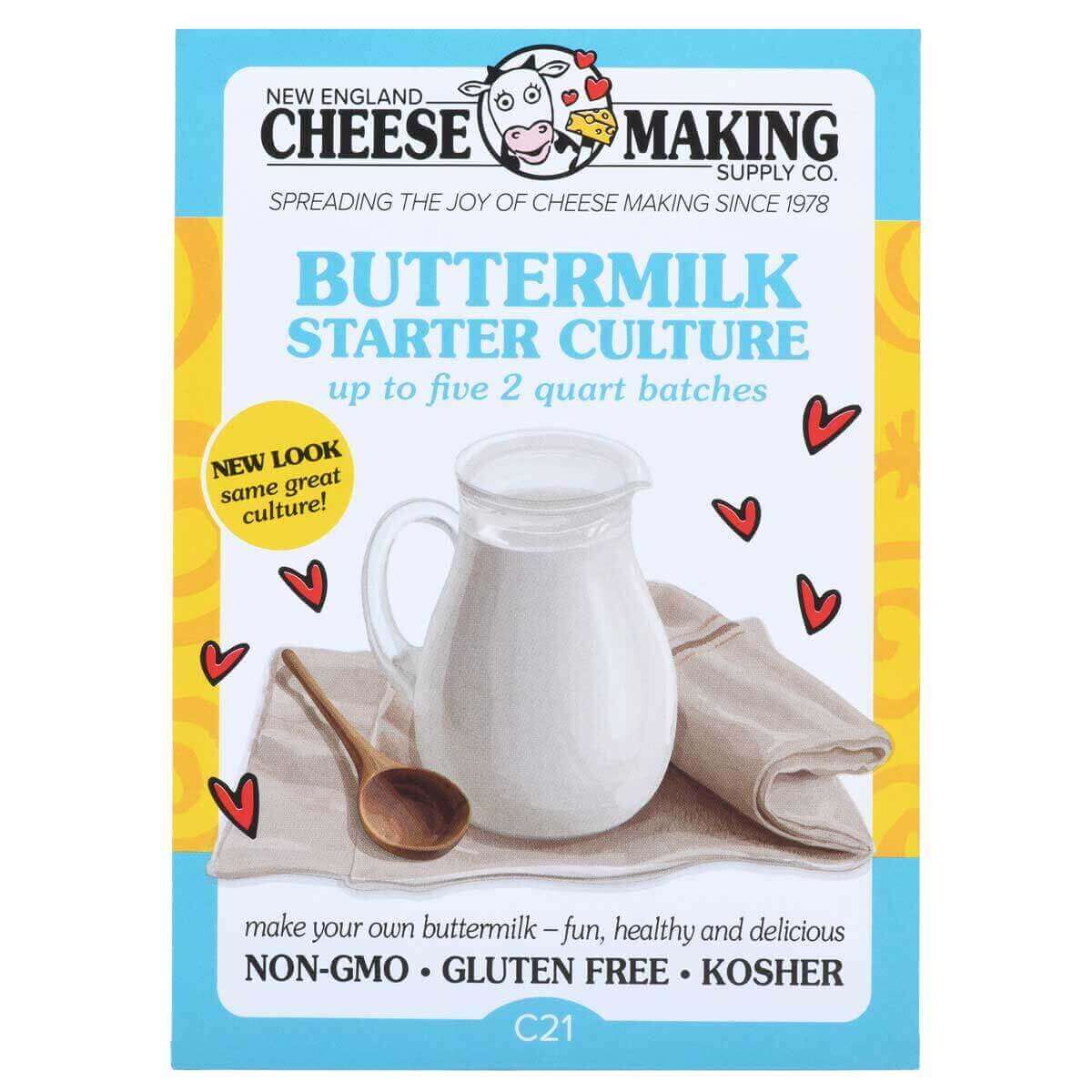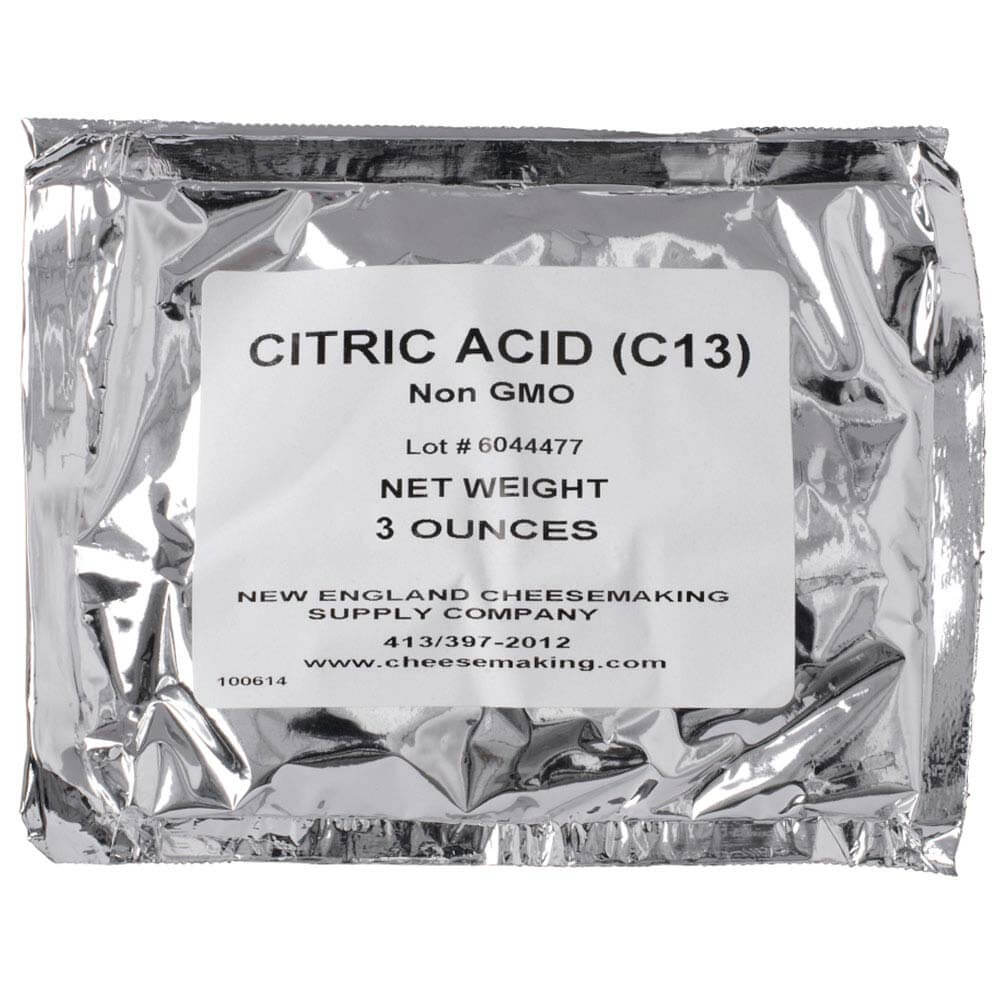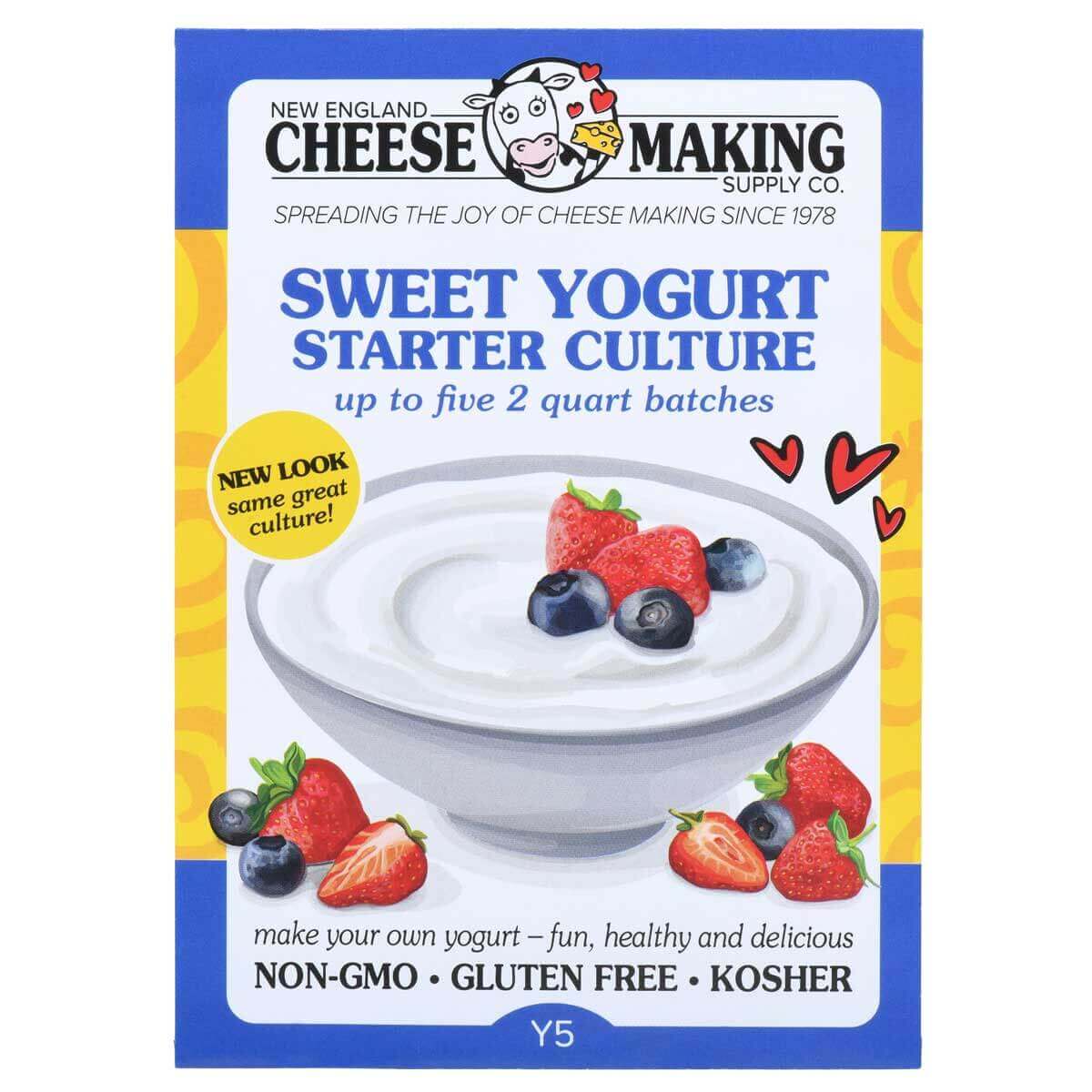
Farmer’s market in Shongweni, South Africa. Photo courtesy of EatOut
You started making cheese and you love it. Your family loves it, your friends love it, your assorted holiday gift list loves it. It’s just a big love fest and your “cave” runneth over. Everyone says, “Why don’t you sell it?” And, you begin to think about this. Why not?
- You have an abundance of milk from your own animals or access to raw milk from a nearby farm.
- Your beloved farm animals are not currently paying their own whey.
- You love making cheese so much that if you don’t start selling it, you will not have room in your house to store it all.
You just want to sell it to a few of your friends or, from your farm stand, or at the local farmer’s market. This would help defray the costs of your hobby farm or your back-to-basics lifestyle. After all, you’re contributing to the environment in every whey-by using your land to grow food, by raising your farm animals and using them for milk and meat, by buying locally, etcetera, etcetera. You’re doing everything you can, but you still have to pay your property taxes, insurance, mortgage and on and on. It would really help if you could just make a little money from your cheese to pay for all that feed you buy in the winter.
Why not, indeed?

Goat’s cheese at a farmer’s market in Estonia. Photo courtesy of Organic data Network
The Hard Reality
It’s not legal. Unlike baked goods or canned fruits and vegetables, dairy products are deemed “potentially hazardous.” (Basically, the same laws that apply to the sale of milk apply to cheese.) Unfortunately, the exceptions that are being made for raw milk in many states are not being made for cheese. So, you might be able to sell your raw milk from your farm stand in some states, but you can’t sell your cheese.
It’s all part of a red-hot legal battle that’s being fought all over the country for “food freedom.”
- On the one hand, many of us believe that we should have the right to decide what we eat. If we want to buy raw milk cheese that has been aged for less than 60 days, for example, we should have that right.
- On the other hand, many of us believe that our government should protect us from potentially unsafe food.
This clash of convictions is constantly being played out at hearings about legislation at local, state and federal levels. The result is that our country is a mish-mash of different rules and regulations. The question for you to ask is, of course, “What rules do I have to follow?” It is best to find out in advance about the rules than it is to find out the hard whey that you are breaking the law – because these laws are being enforced.

Selling cheese at a farmer’s market in Amsterdam. Photo courtesy of Interfaces.com
The Complexity
B. in Oregon wrote to us:
My husband and I have a small farm in western Oregon that includes a vineyard, chickens, bees, sheep, a large garden, and recently a few adorable Nigerian dwarf dairy goats. We already sell our wine grapes (Riesling, pinot noir and chardonnay) as well as honey from our 4 hives to a local winery. I’ve been making some terrific chevre and the winery would love to purchase some for their tasting room, but I’ve heard it is illegal to sell homemade cheese without special permits (unlike eggs, honey, fruit and canned goods). I don’t have any interest in developing a large commercial enterprise, but I’d love to know if it is possible to sell small amounts of homemade chevre to local wineries, and perhaps to have available for sale to the patrons of their tasting rooms.
We checked with the Oregon Department of Agriculture, and learned that B. can’t sell under the Domestic License (the way small batch bakers and canners can) because dairy products are considered potentially hazardous. She would have to get a “Manufactured Food” license. Oregon has one dairy product exception – raw milk can be sold from the farm when there are no more than 3 calves or 9 goats.
We have heard that in some states you can sell your homemade cheese (without a license) at your farm or at farmer’s markets (we don’t know for sure if this is true, but, if you are from such a state, please let us know). This is definitely true for raw milk, but is it true for cheese? If it is true, you can bet it was the result of a long, hard struggle. On one side, you have small farmers with a few goats or a cow who need to bring in some income in order to survive. On the other side, you have both large and small commercial cheese makers who spent a lot of money to qualify for licenses to sell their cheese. (This is a simplification, of course, because there are all kinds of other interested parties involved.)
We asked for info and heard from many frustrated cheese makers. Here are a few:
S. in New Hampshire:
I don’t know what the laws are in other states, but here in NH there are all kinds of regulations that prevent selling homemade cheese – the first being that you have to have a commercial kitchen in a separate building complete with commercial refrigerator, 3 bay stainless sink and other expensive and elaborate equipment such as a commercial pasteurizer which has an initial cost of about $50,000. The startup cost is prohibitive for a hobby farmer. You’d have to want to establish a full time business with long term commitment to justify the cost of setting up a cheese making operation.
R. in California:
Selling my home made cheese would be wonderful. But government regulations prevent me from accomplishing it financially. A petition to allow cottage industry artisans to avoid most legal requirements might be a good start. I can’t afford to buy or build a creamery.
K. in West Virginia:
Unfortunately, here in WV, you have to be a certified grade A dairy using pasteurized milk to sell ANY edible milk products. We can’t sell goat milk or cheese here. Every year a bill comes up in the legislature but somehow, it gets blocked. Last year it came close. Both legislatures approved and the governor vetoed it.
The issue is particularly “raw” for small, artisan cheese makers who went ahead and purchased the equipment, built their make rooms to spec and are now following the designated procedures in order to sell in the marketplace. Many of them make raw milk cheeses which, by law, have to be aged 60 days or more. The public is already wary of raw milk products, so these artisan cheese makers worry about the long lasting effects of a home cheese maker selling unsafe cheese, infecting their customers with listeria or some other pathogen and causing a hysterical reaction to raw milk products. That could set the industry back 20 years.
The Real World
We have heard from a great many of our customers that they are selling and trading their cheeses illegally one whey or another. Are you? Our next article about this subject will explore the “black market” in homemade cheese. We have already heard from a LOT of cheese criminals (who will remain anonymous) and we would love to hear from you. Share your experiences in the comments below or by writing to info@cheesemaking.com.



